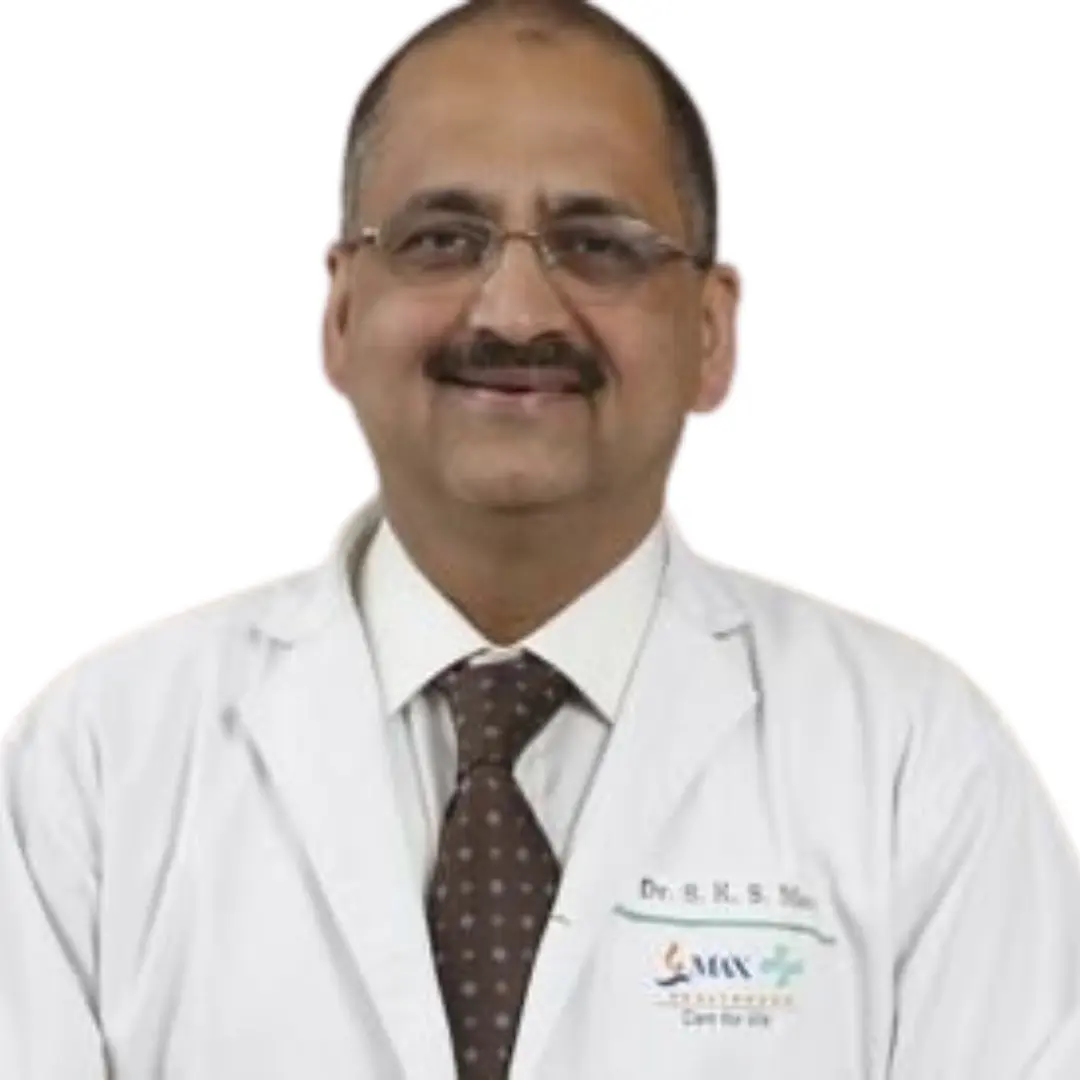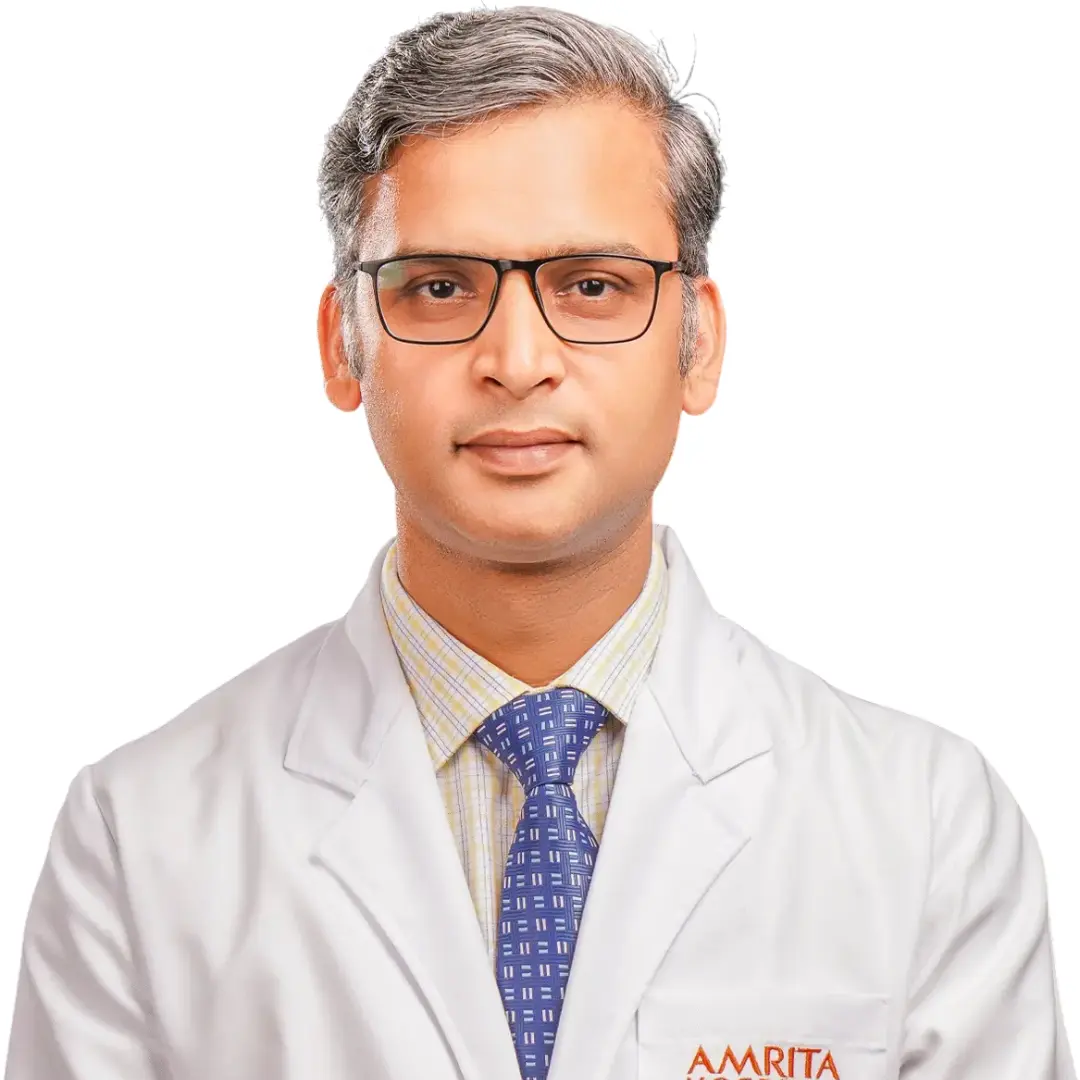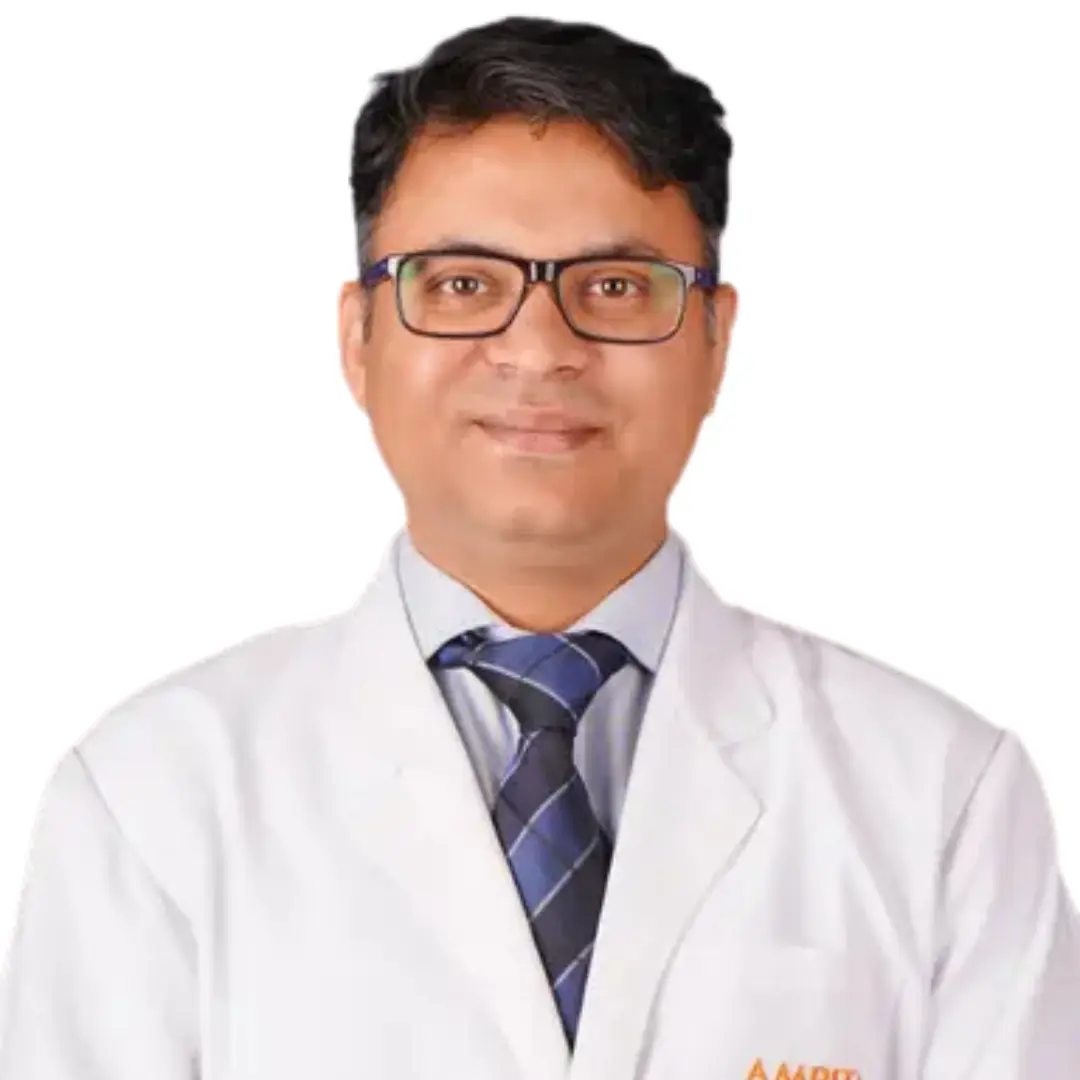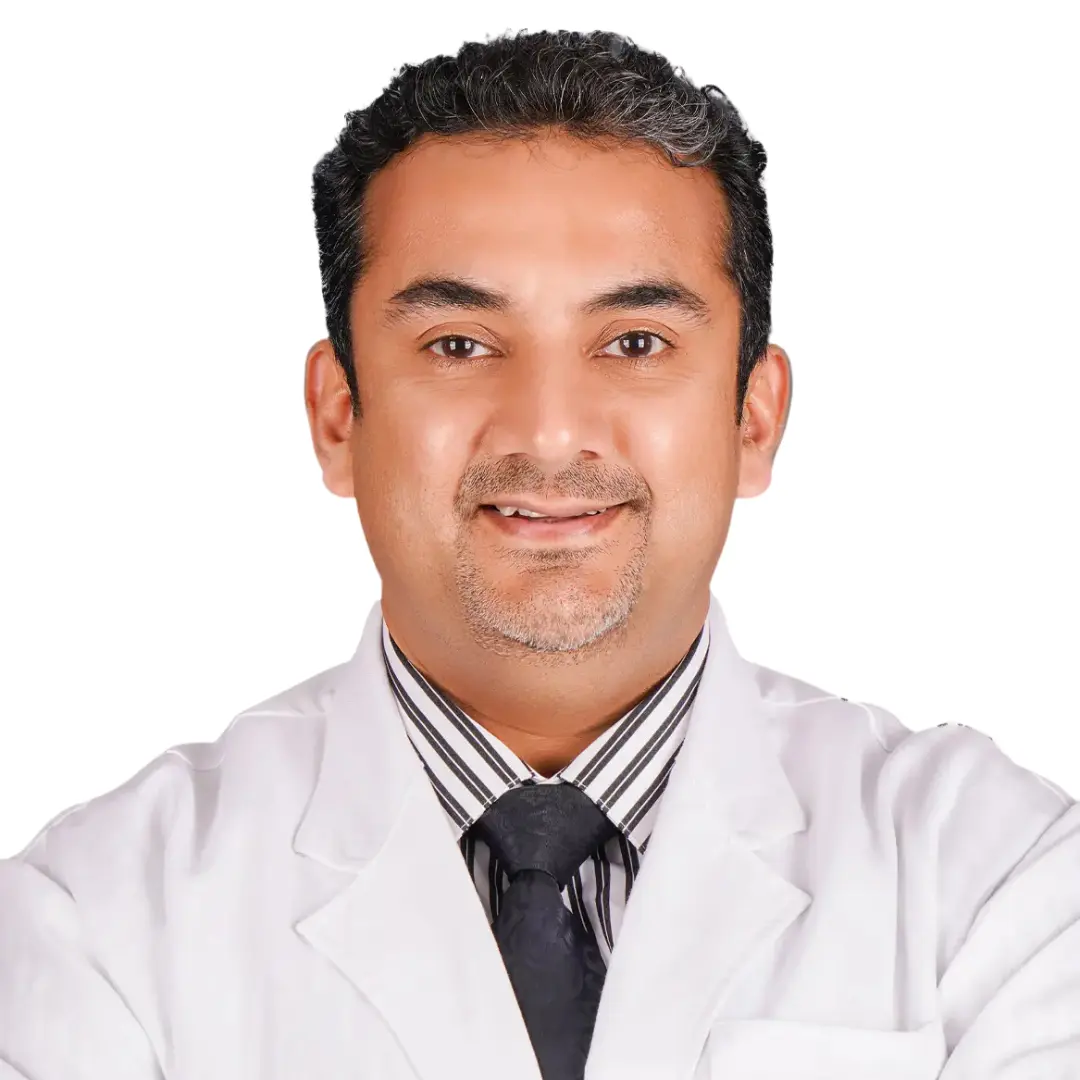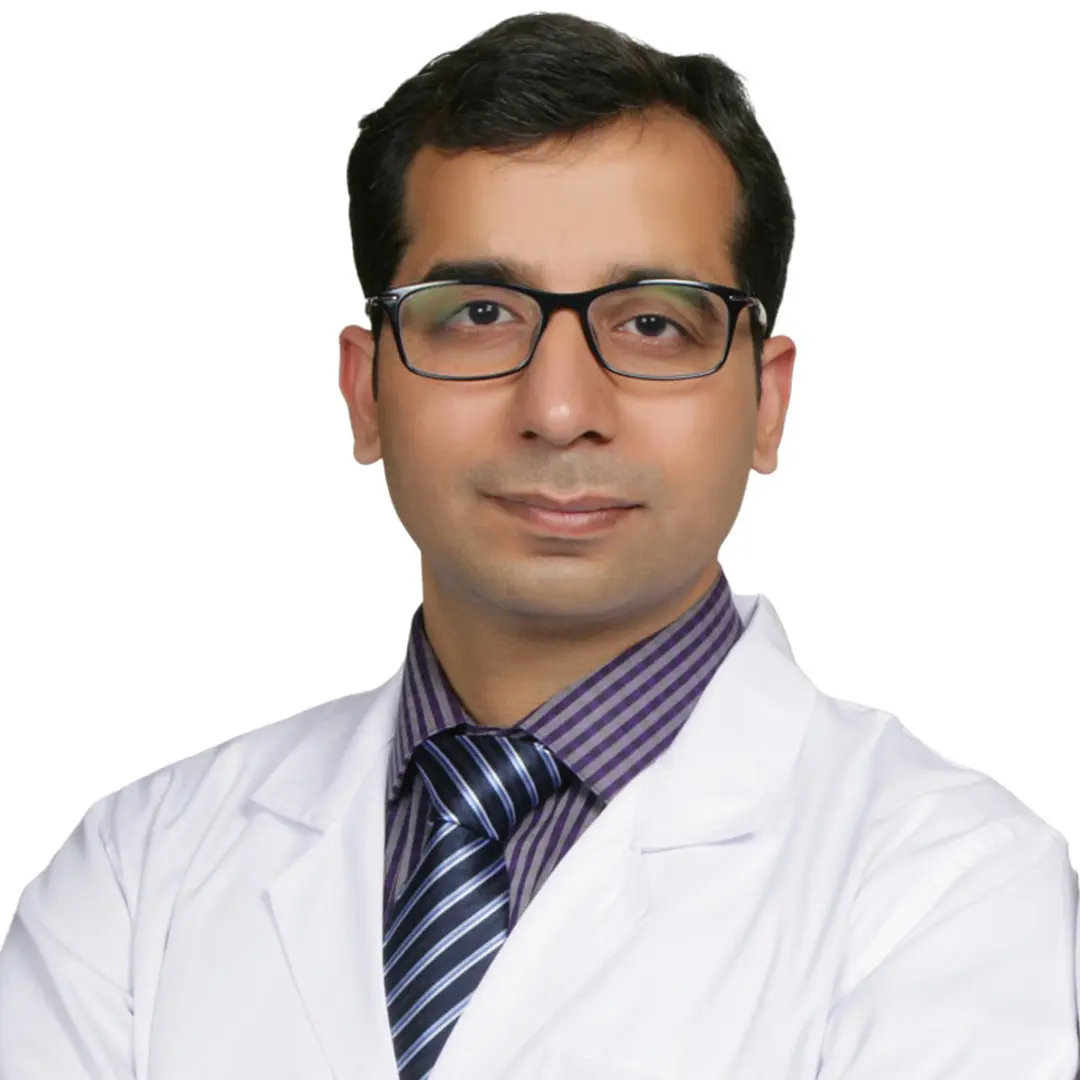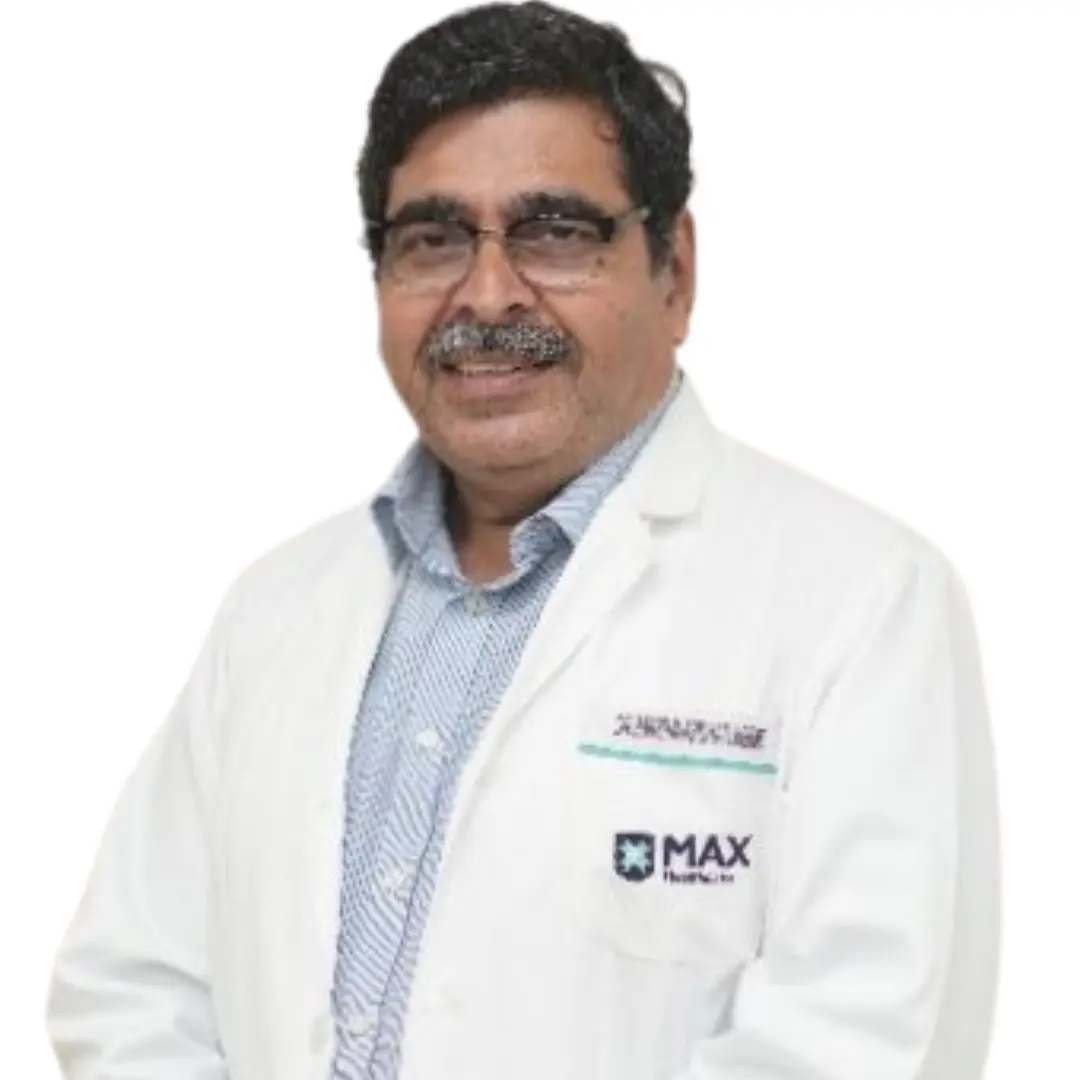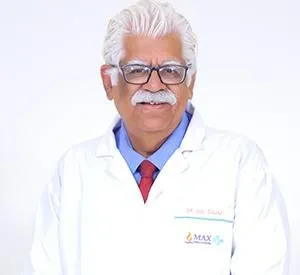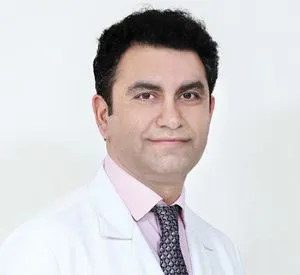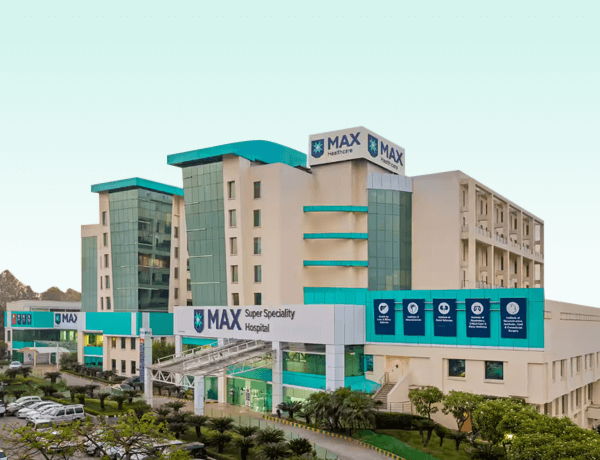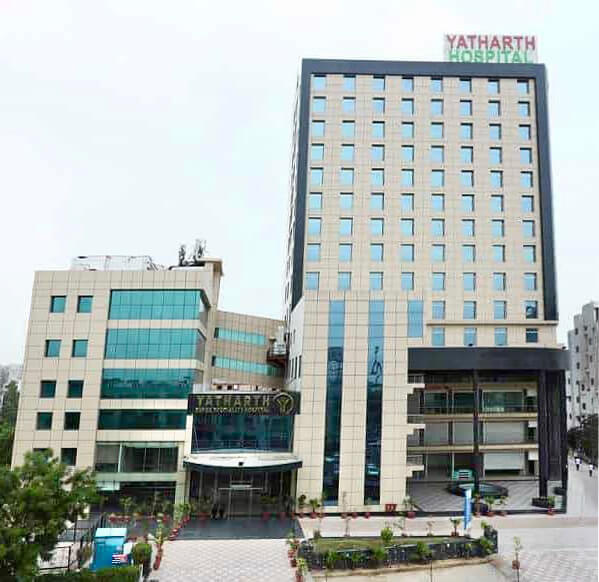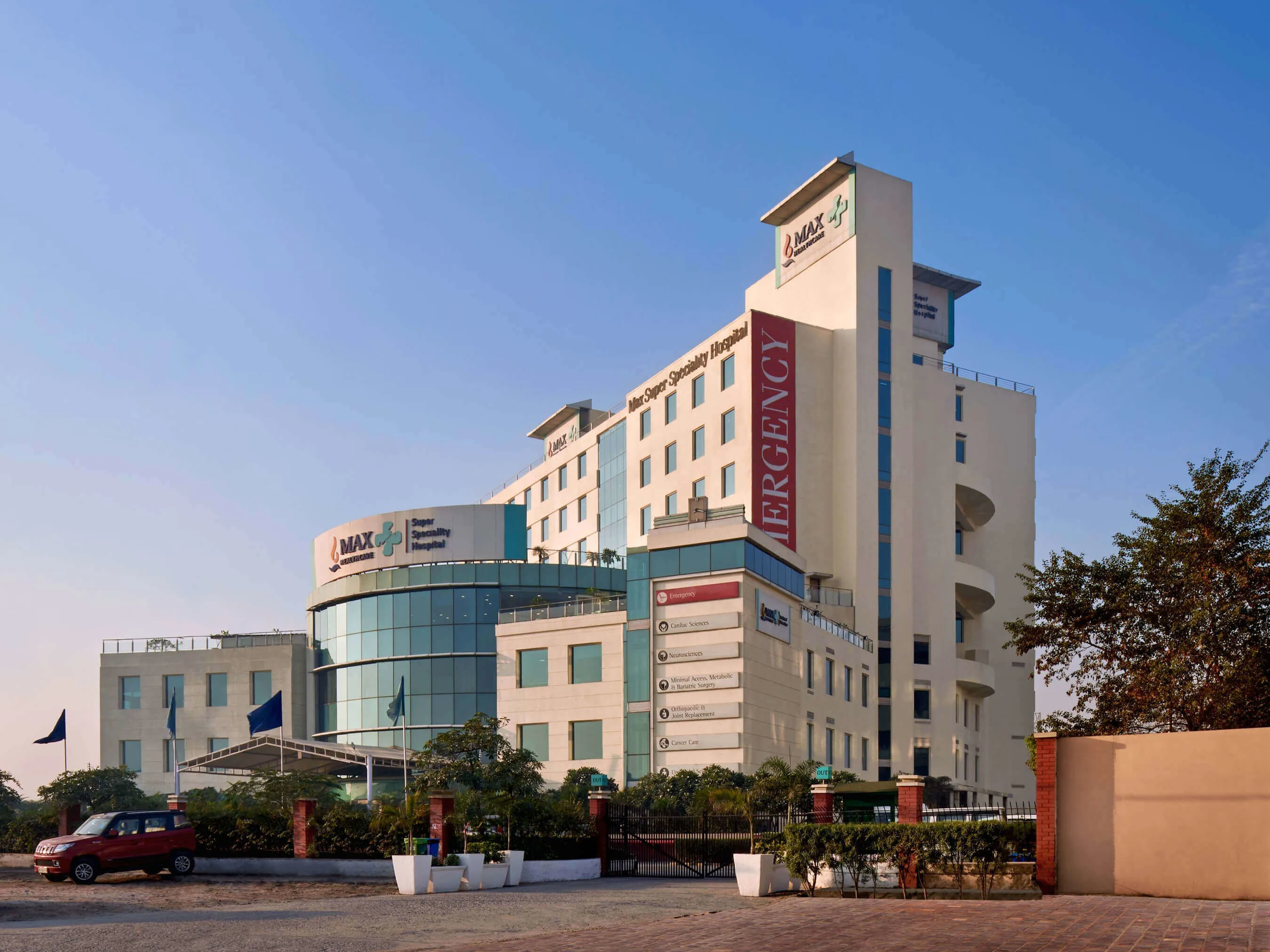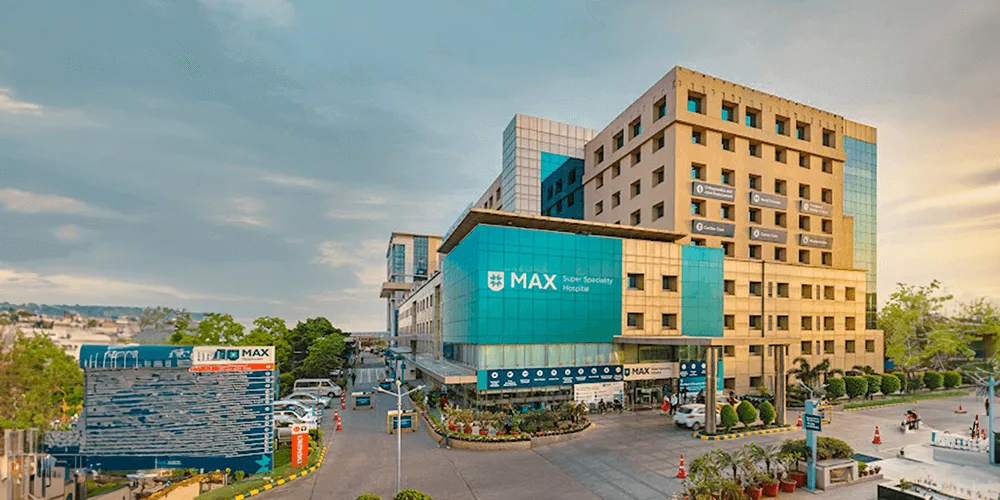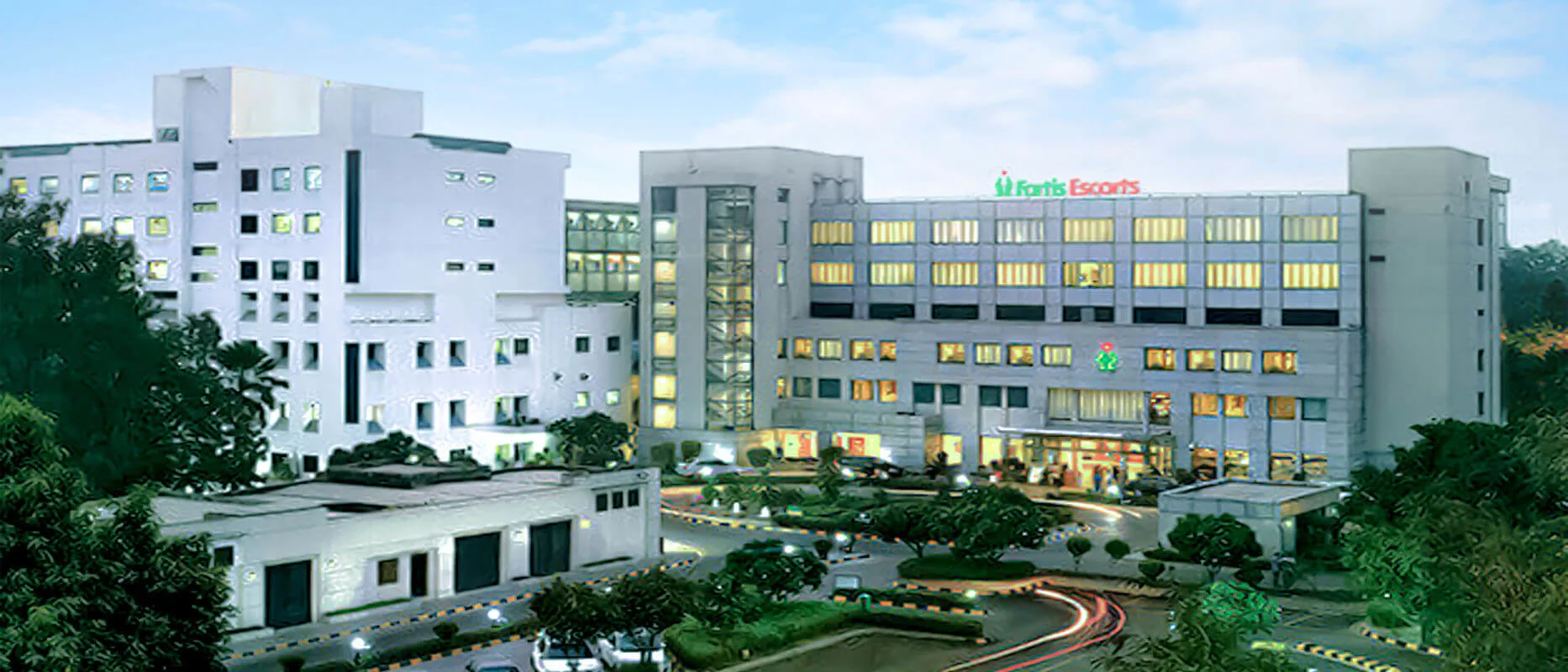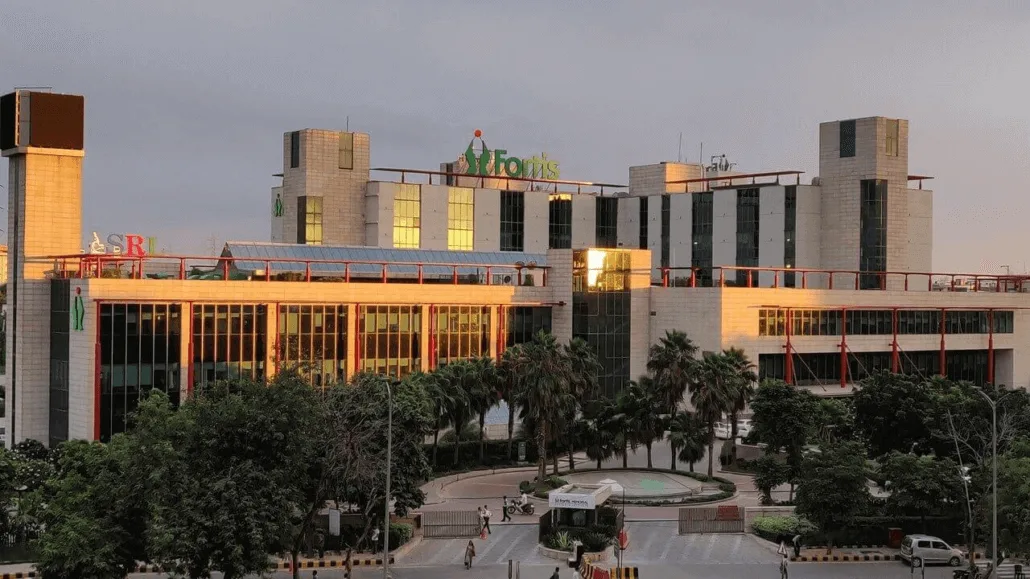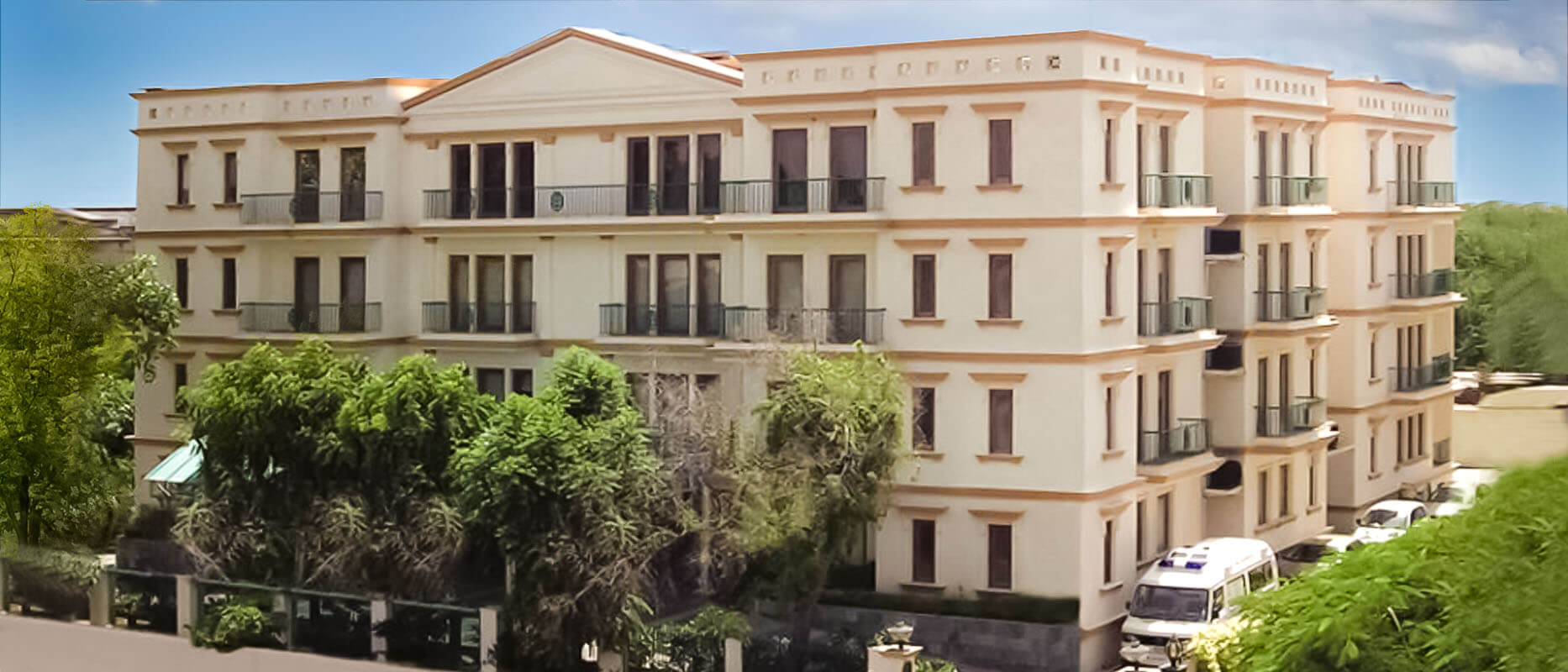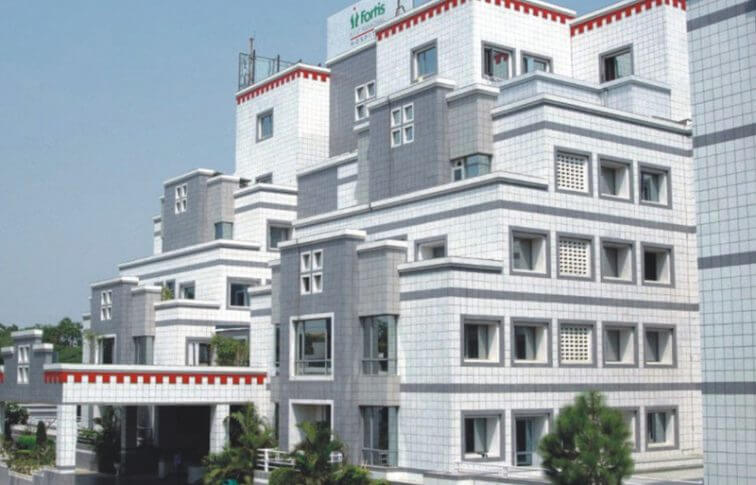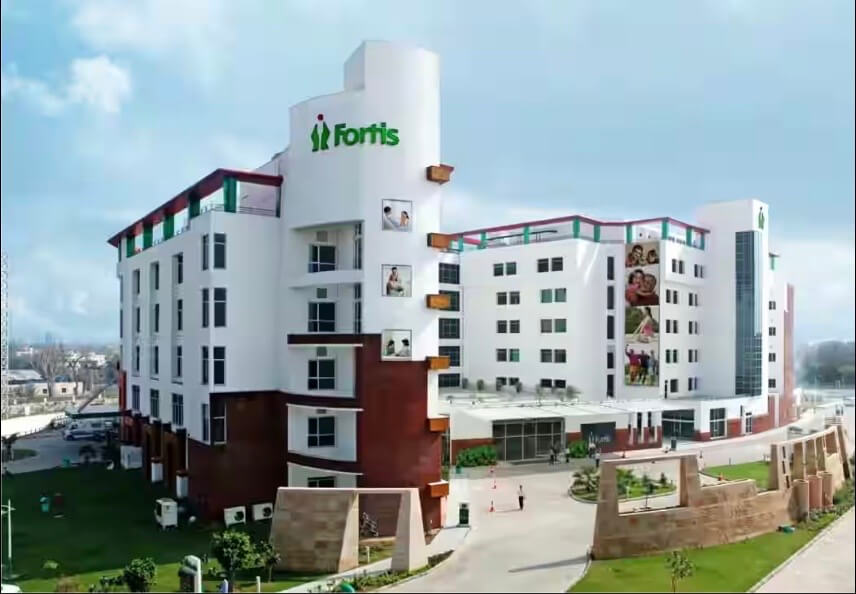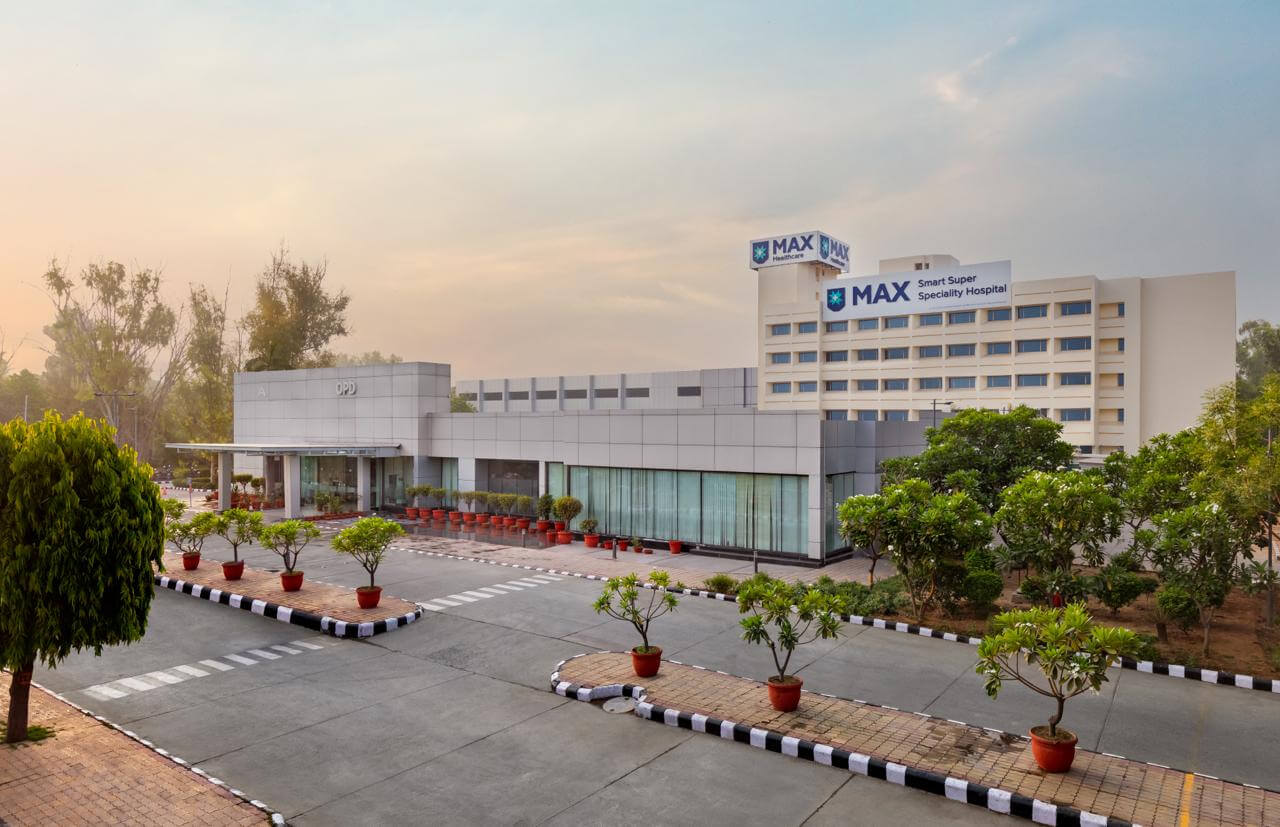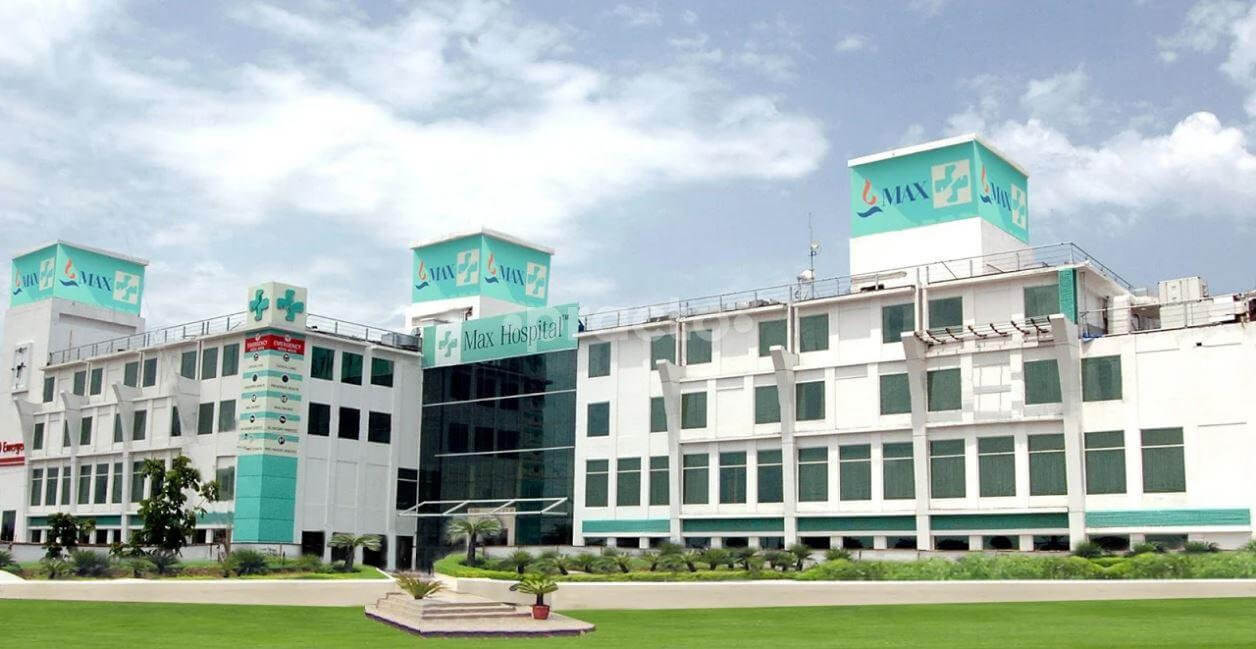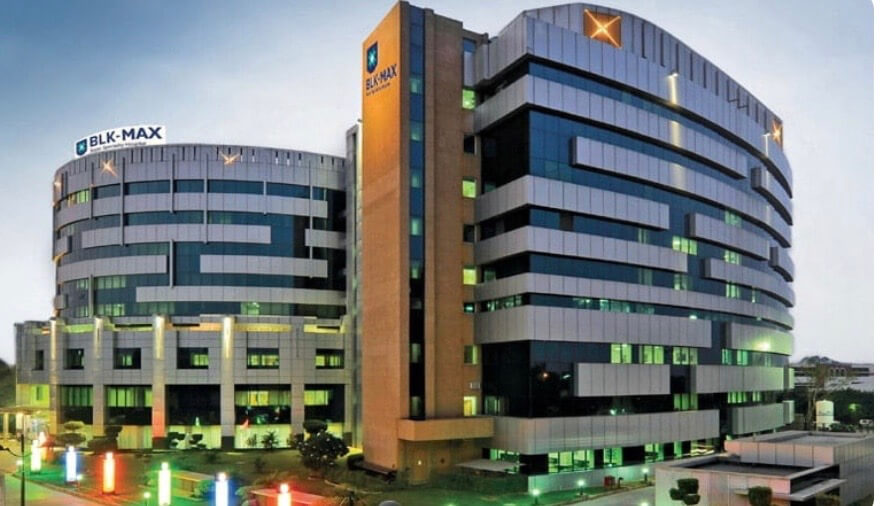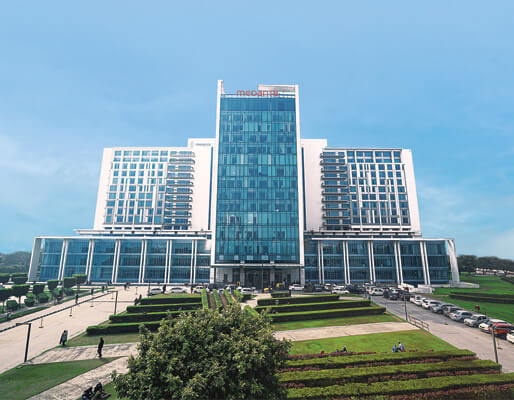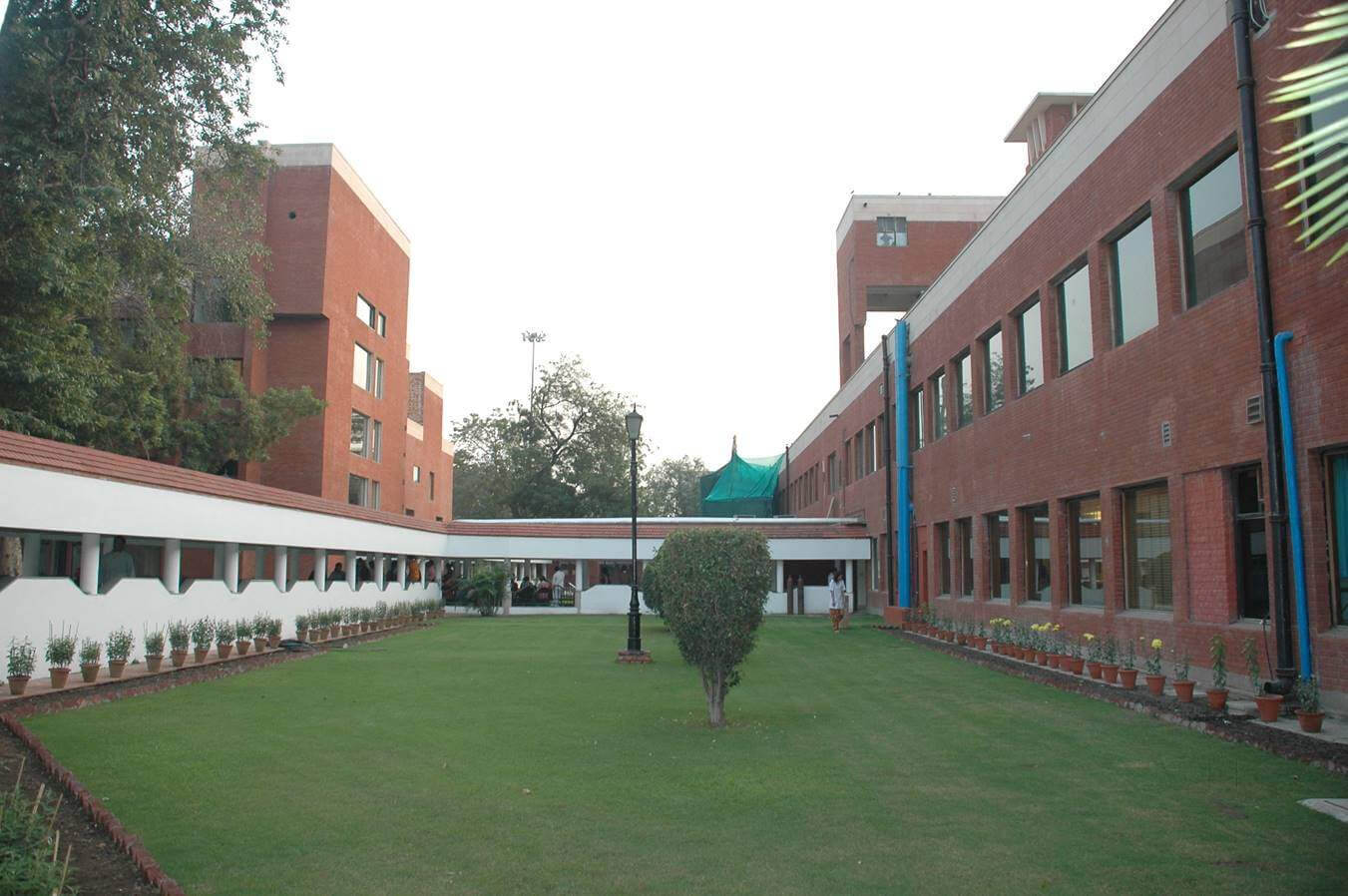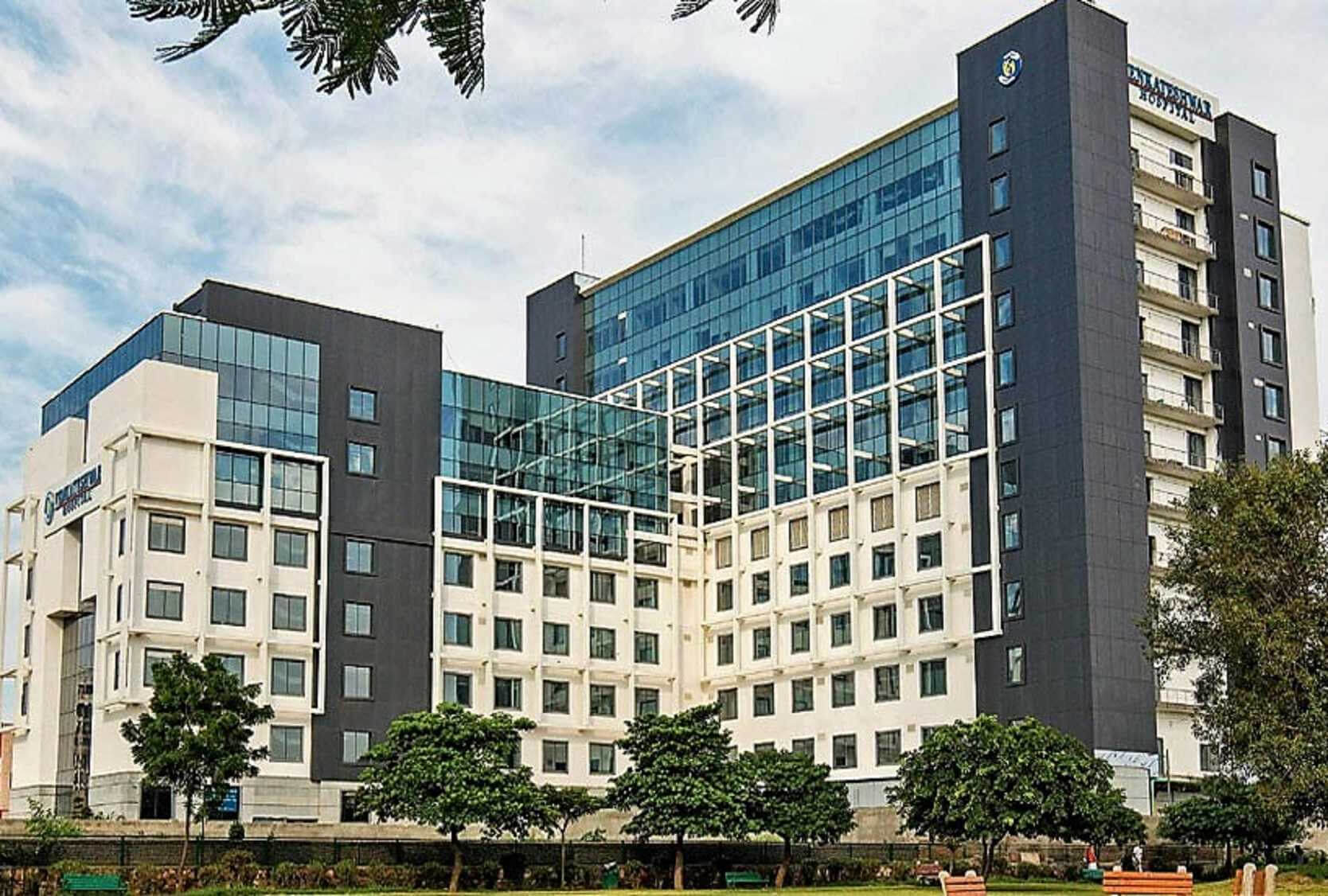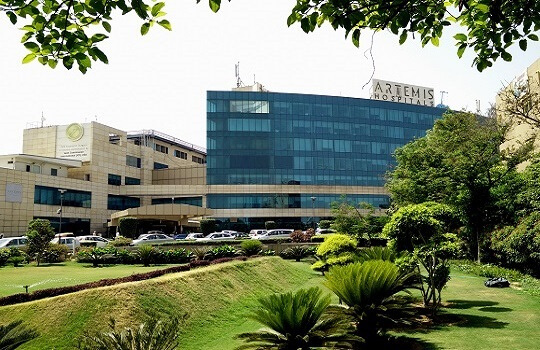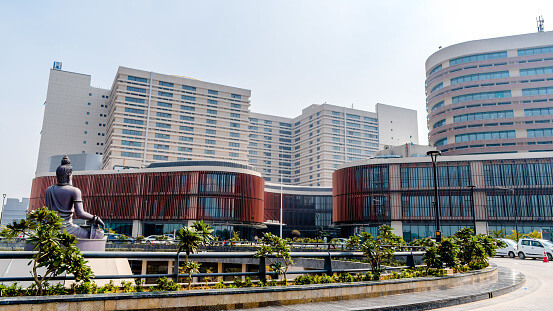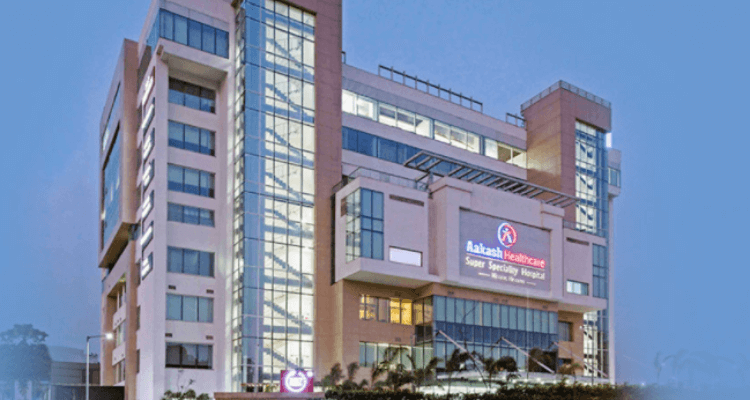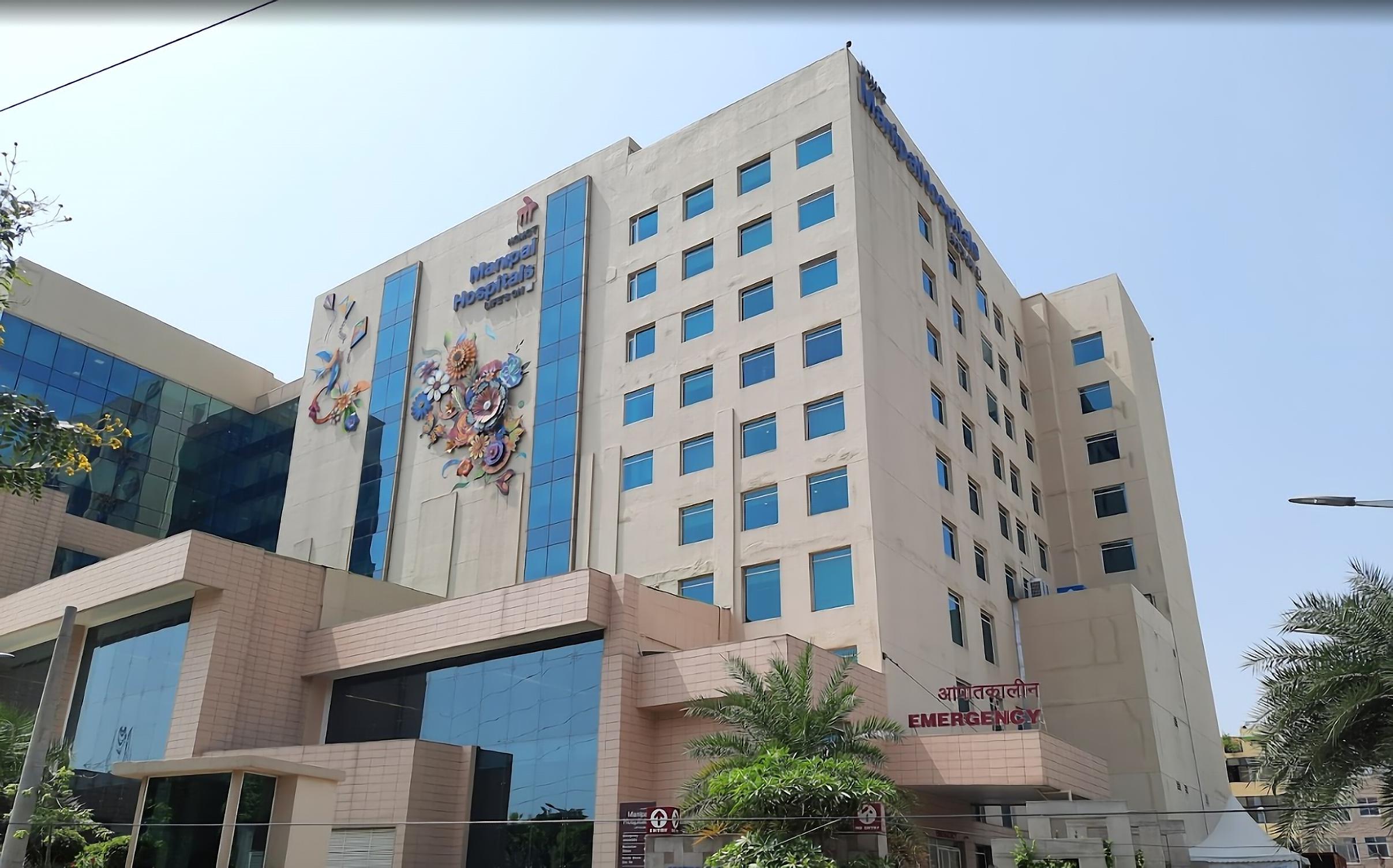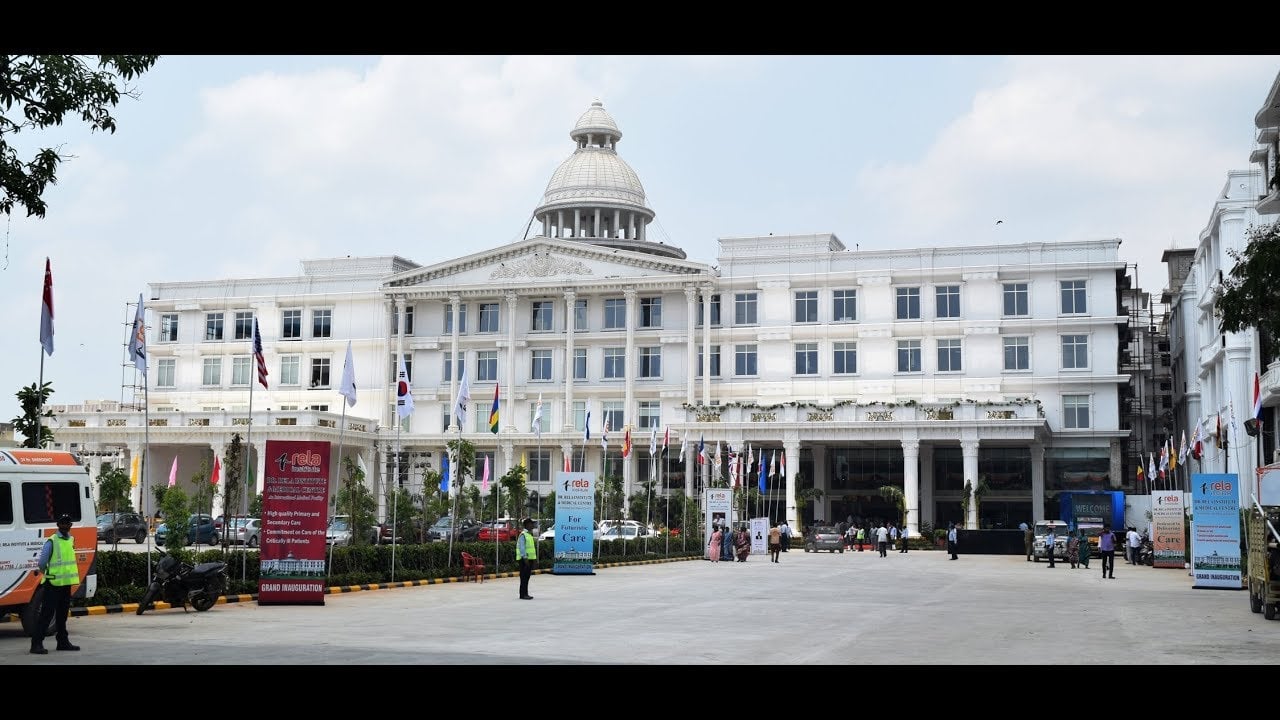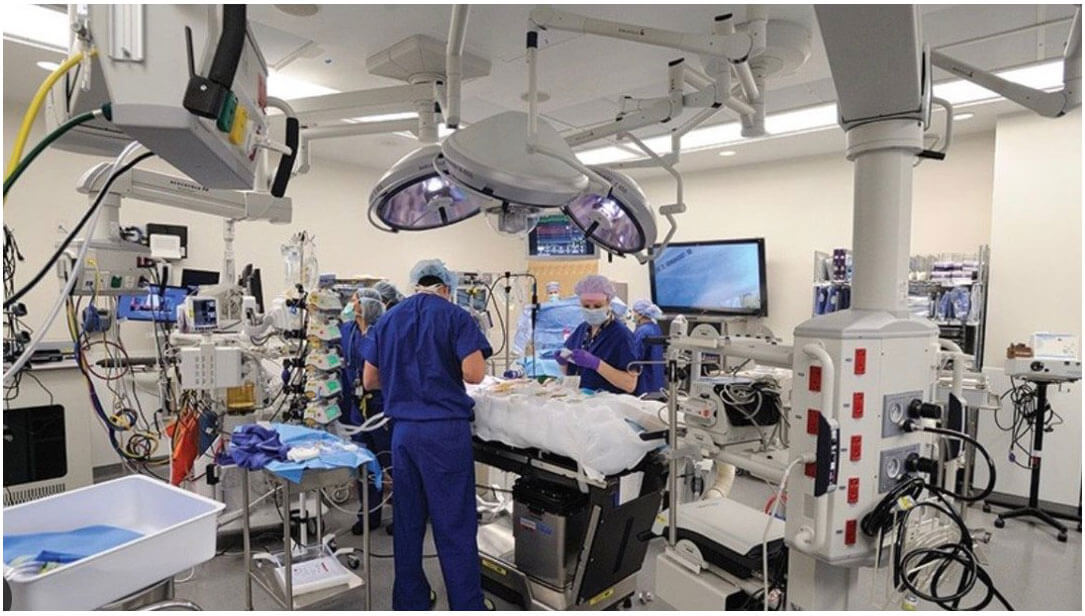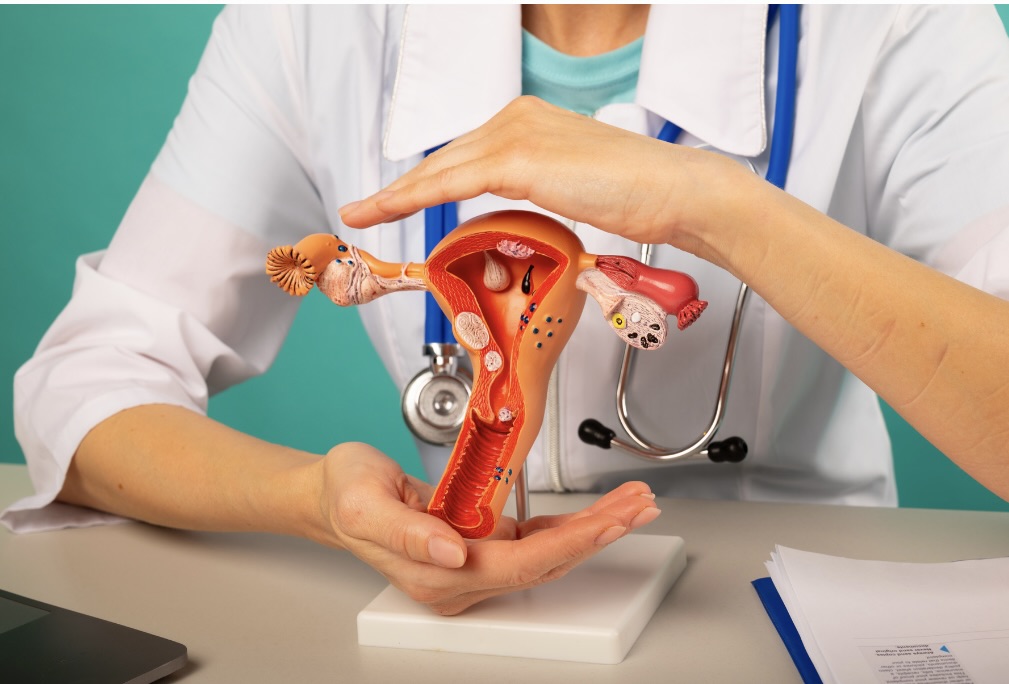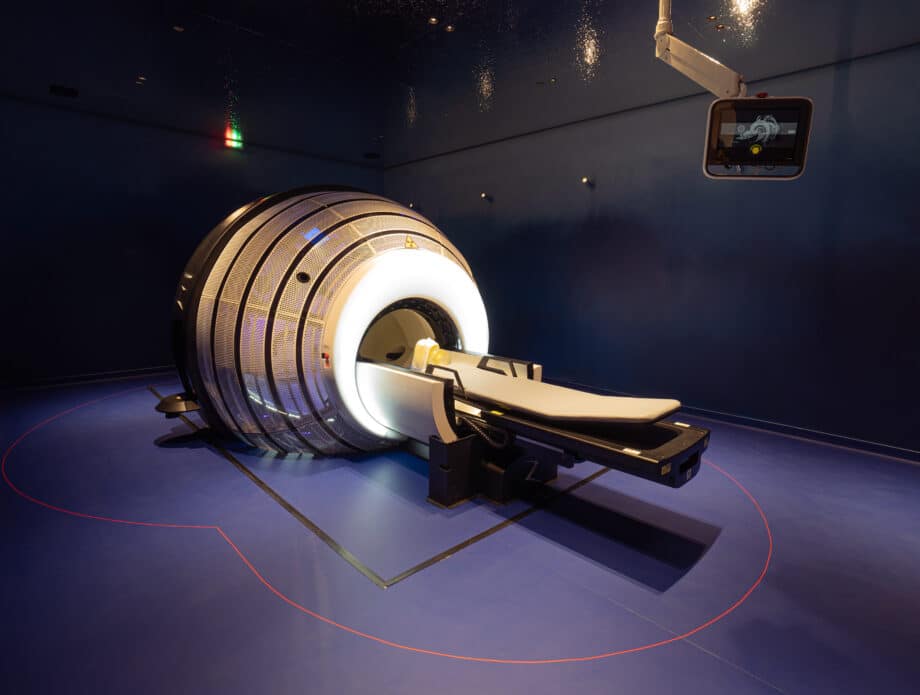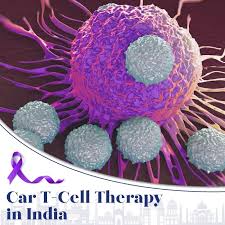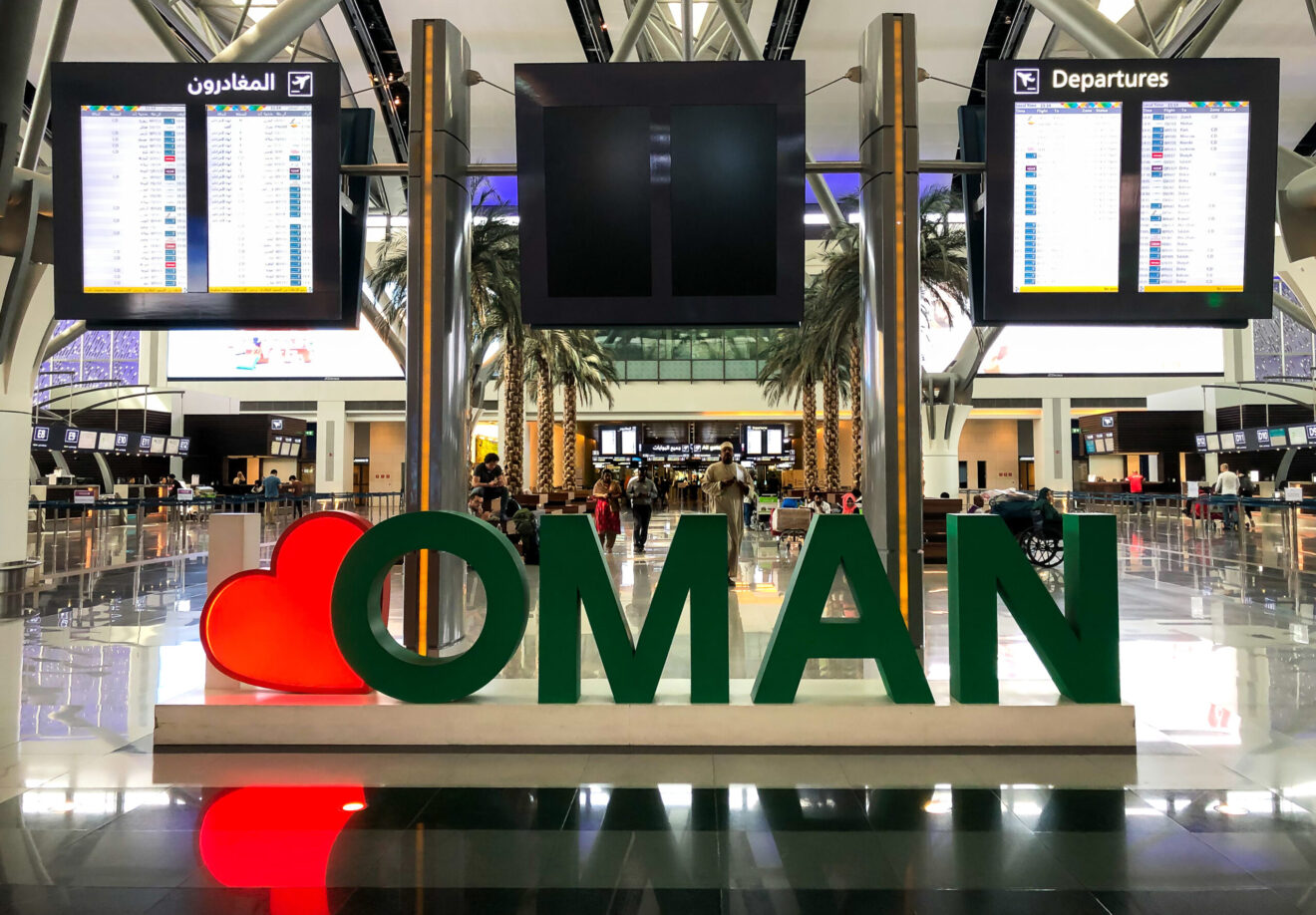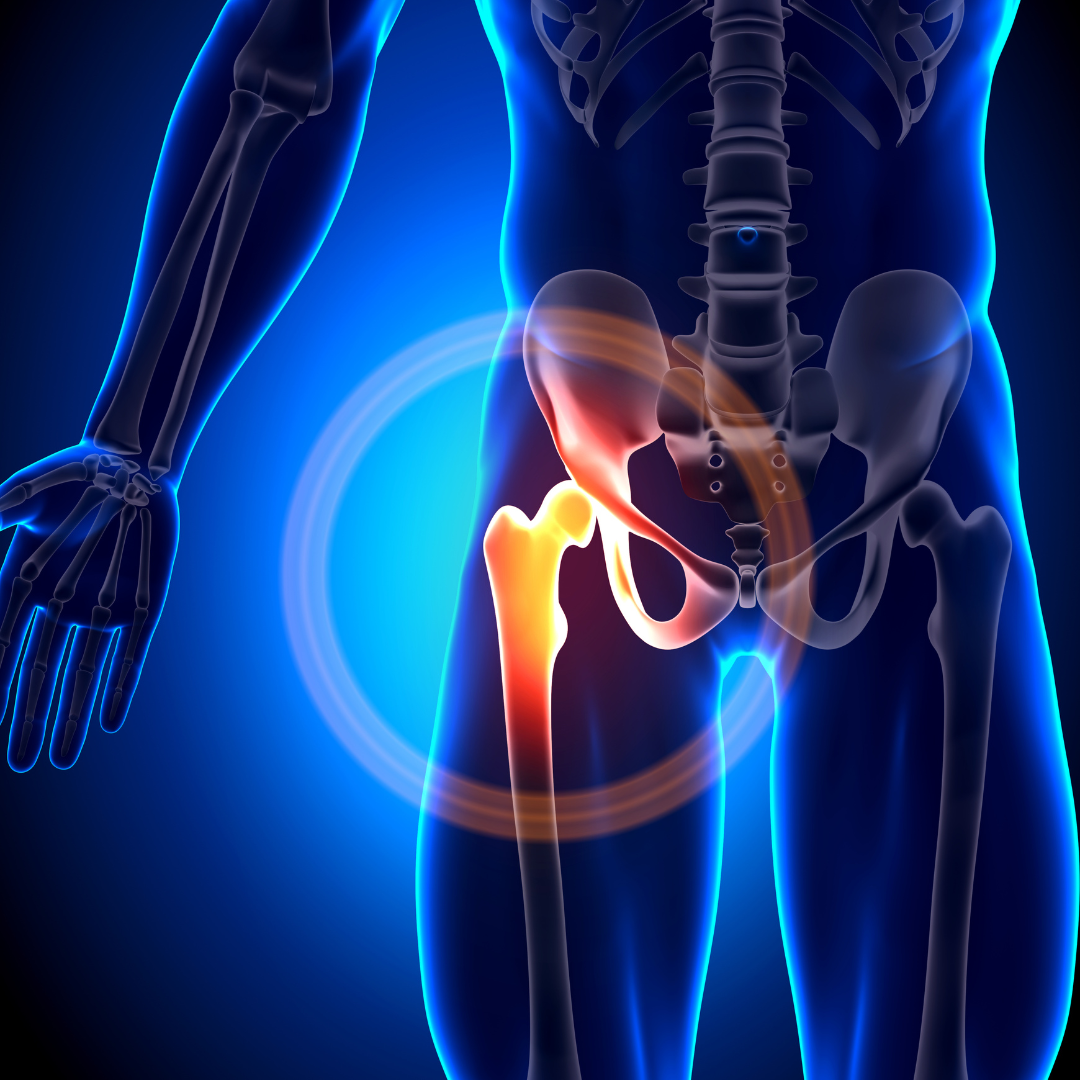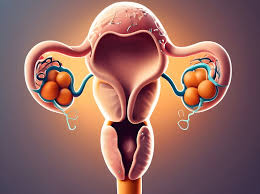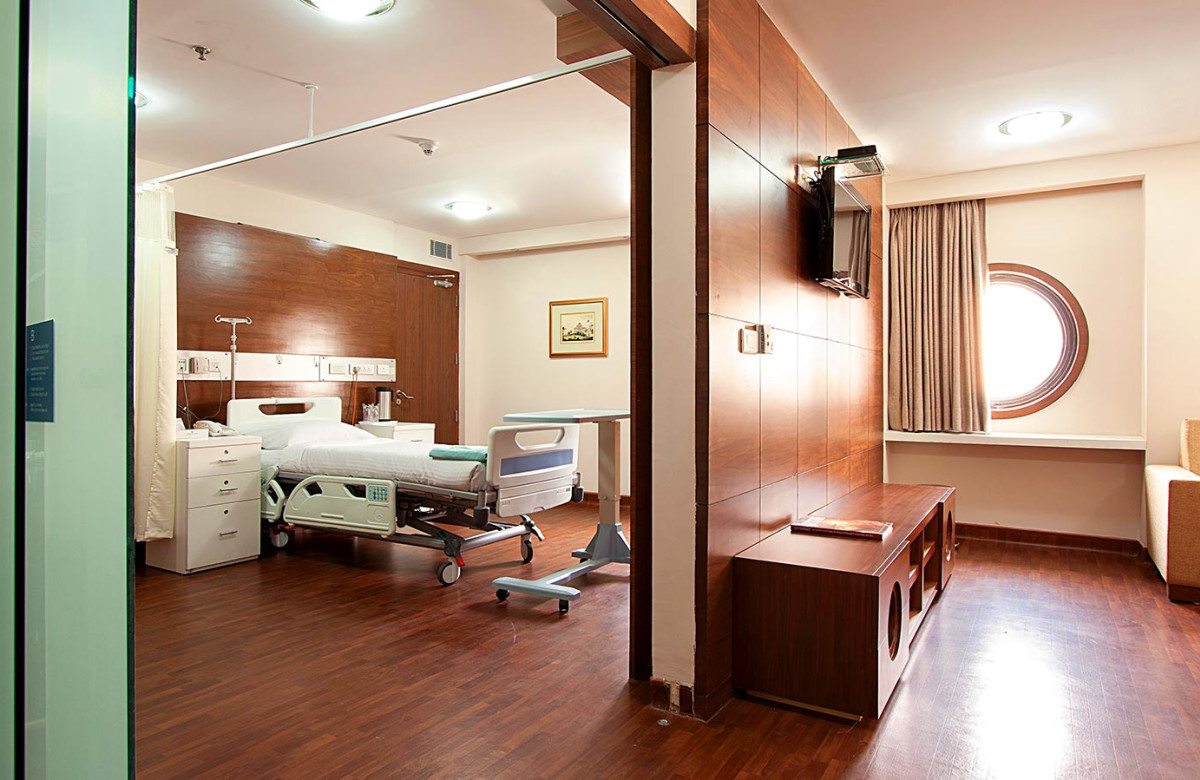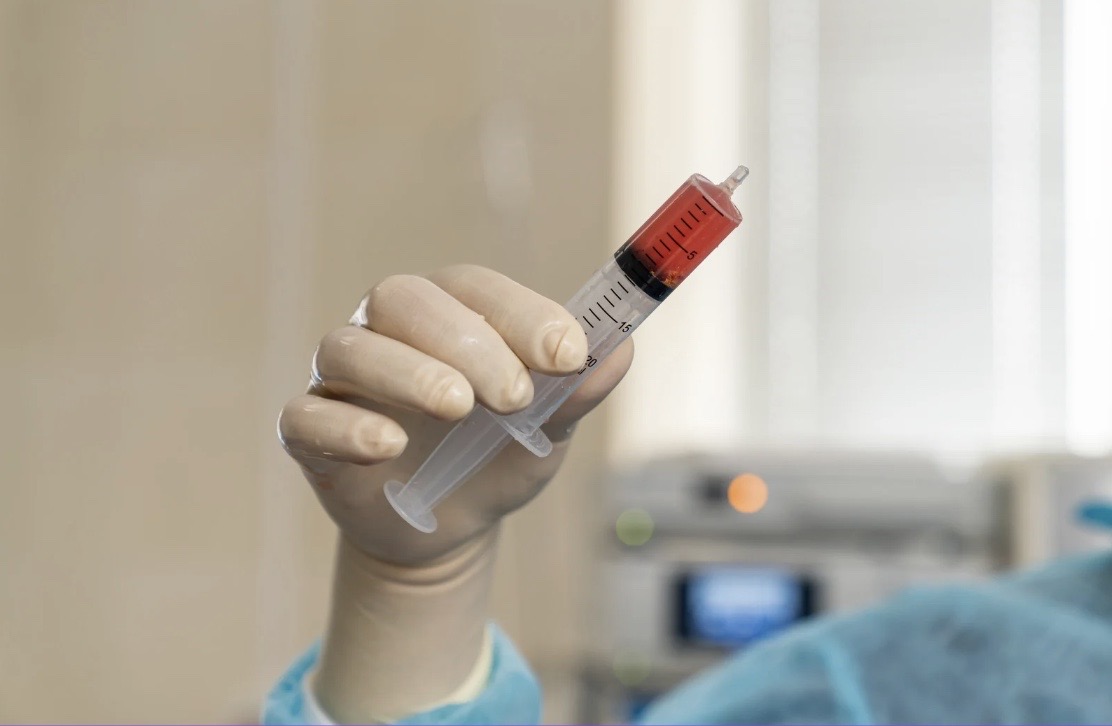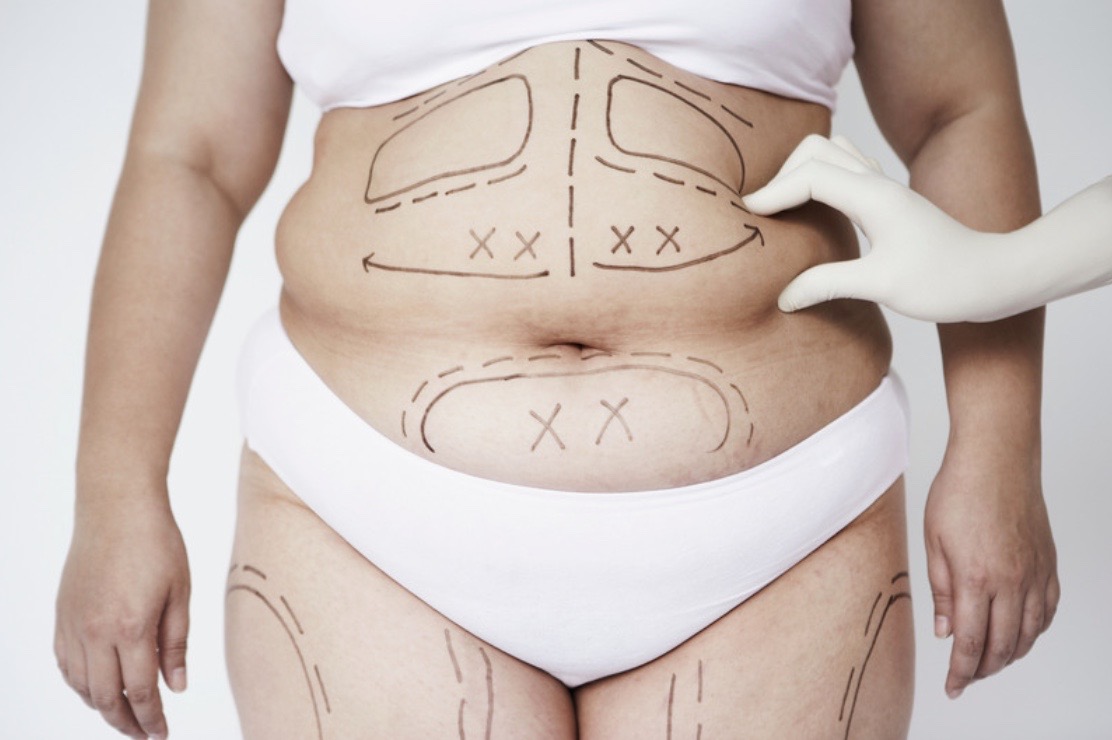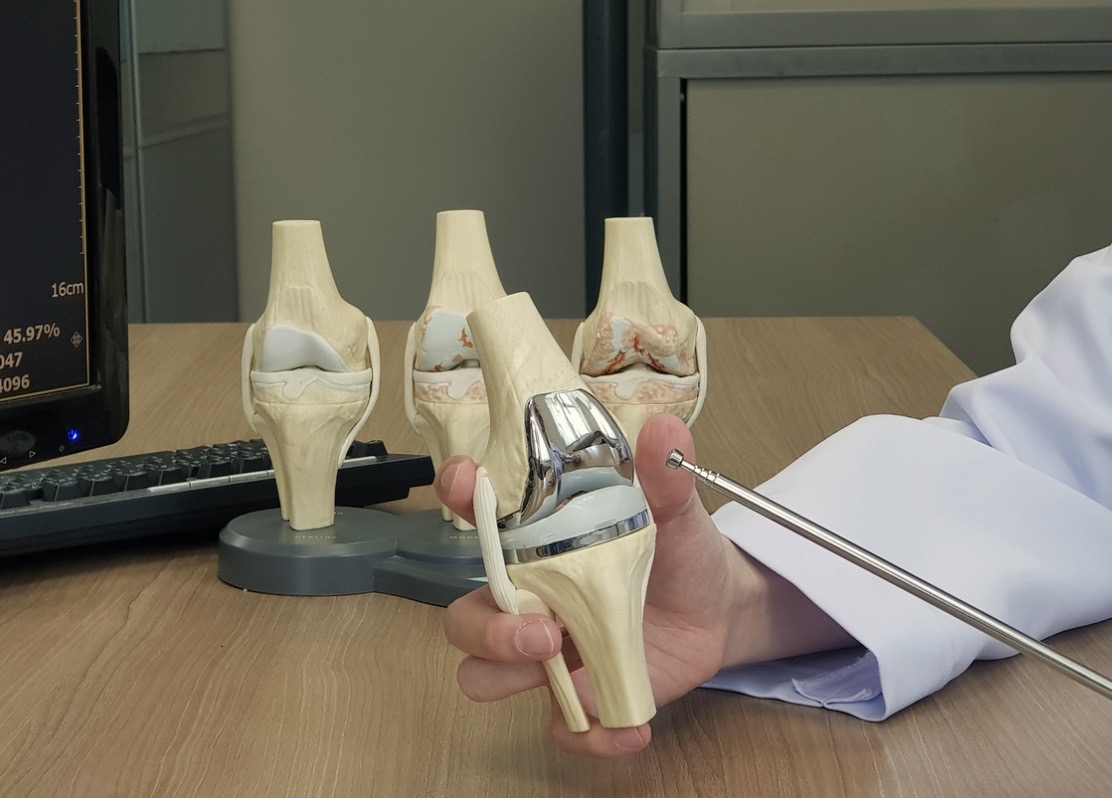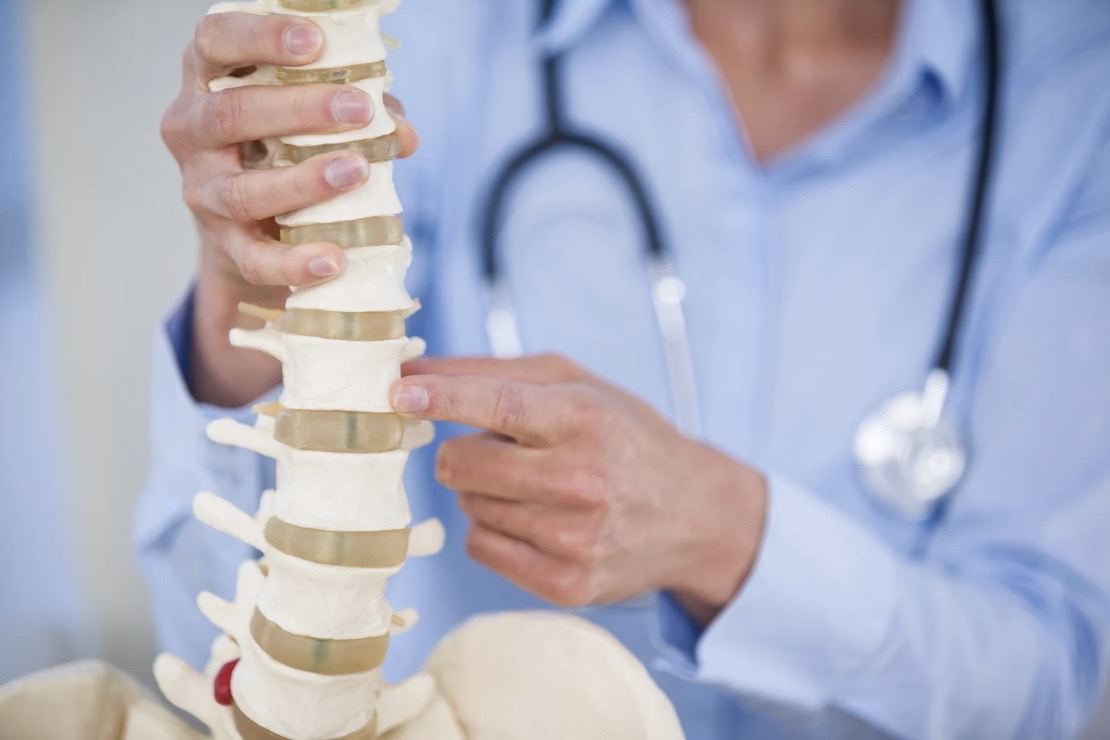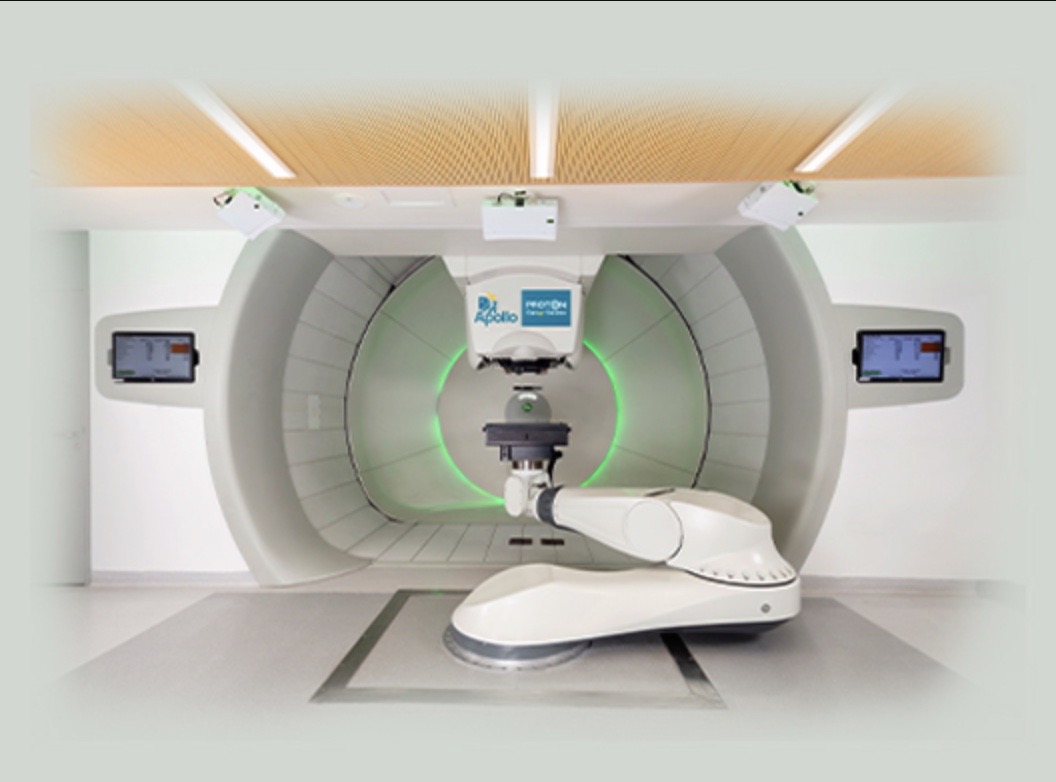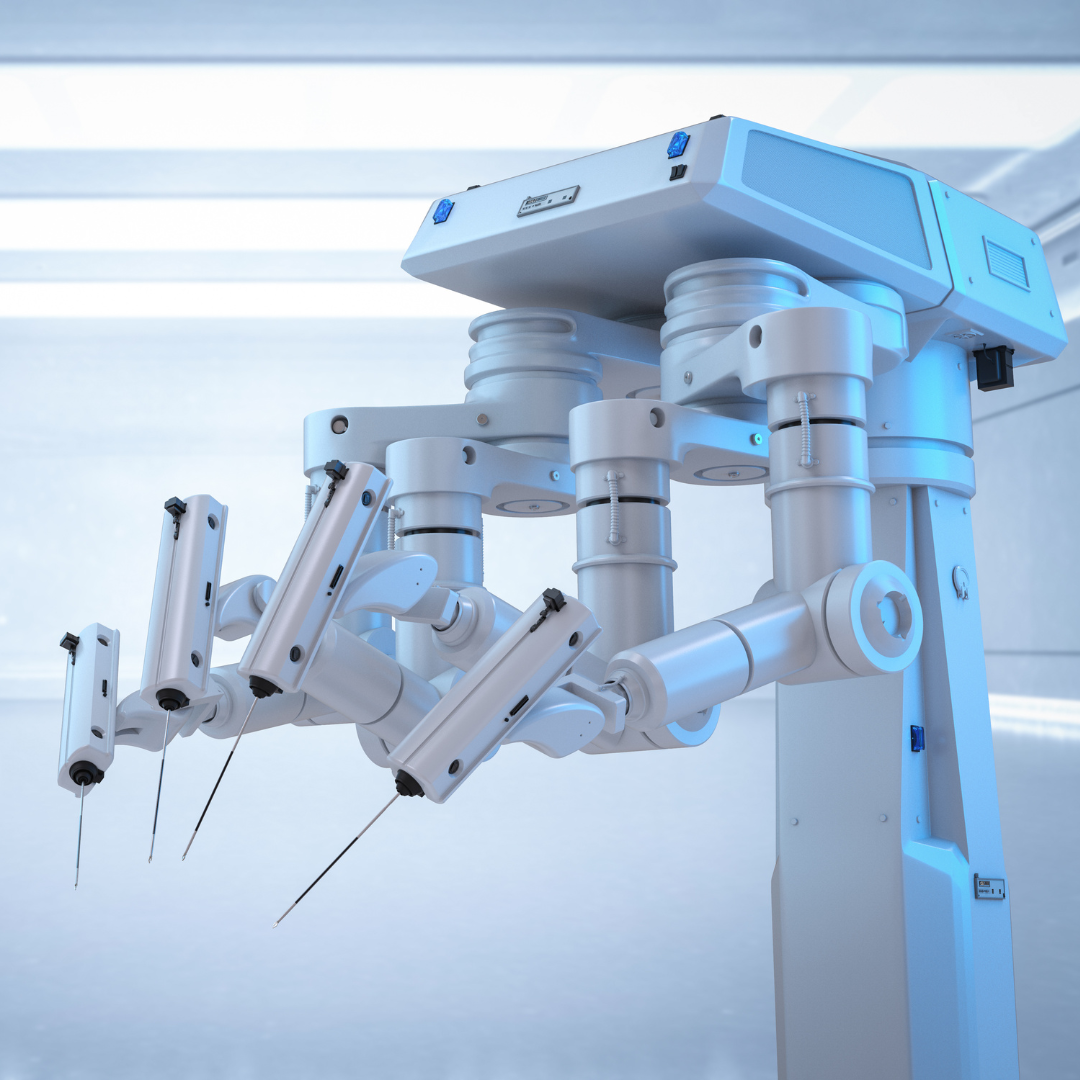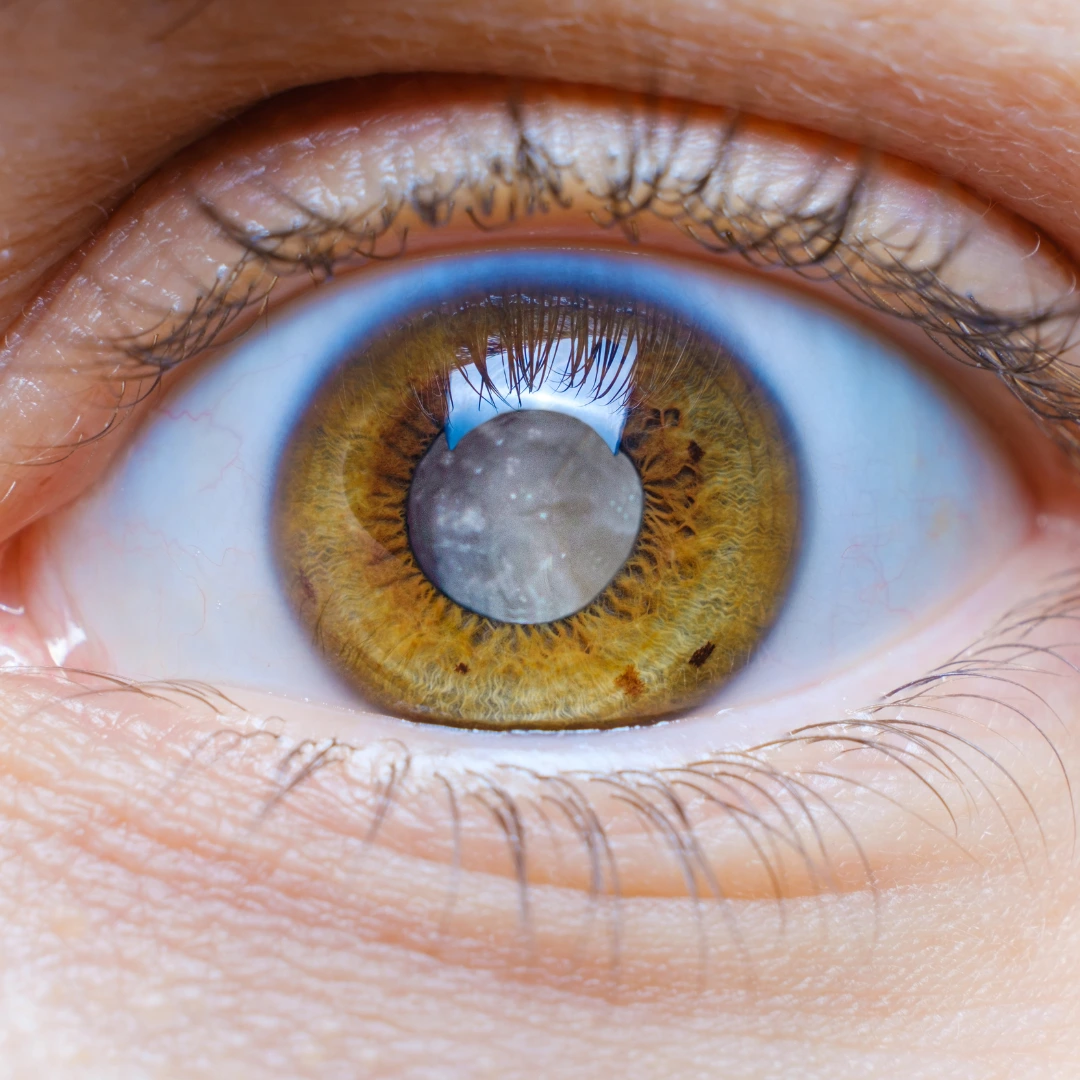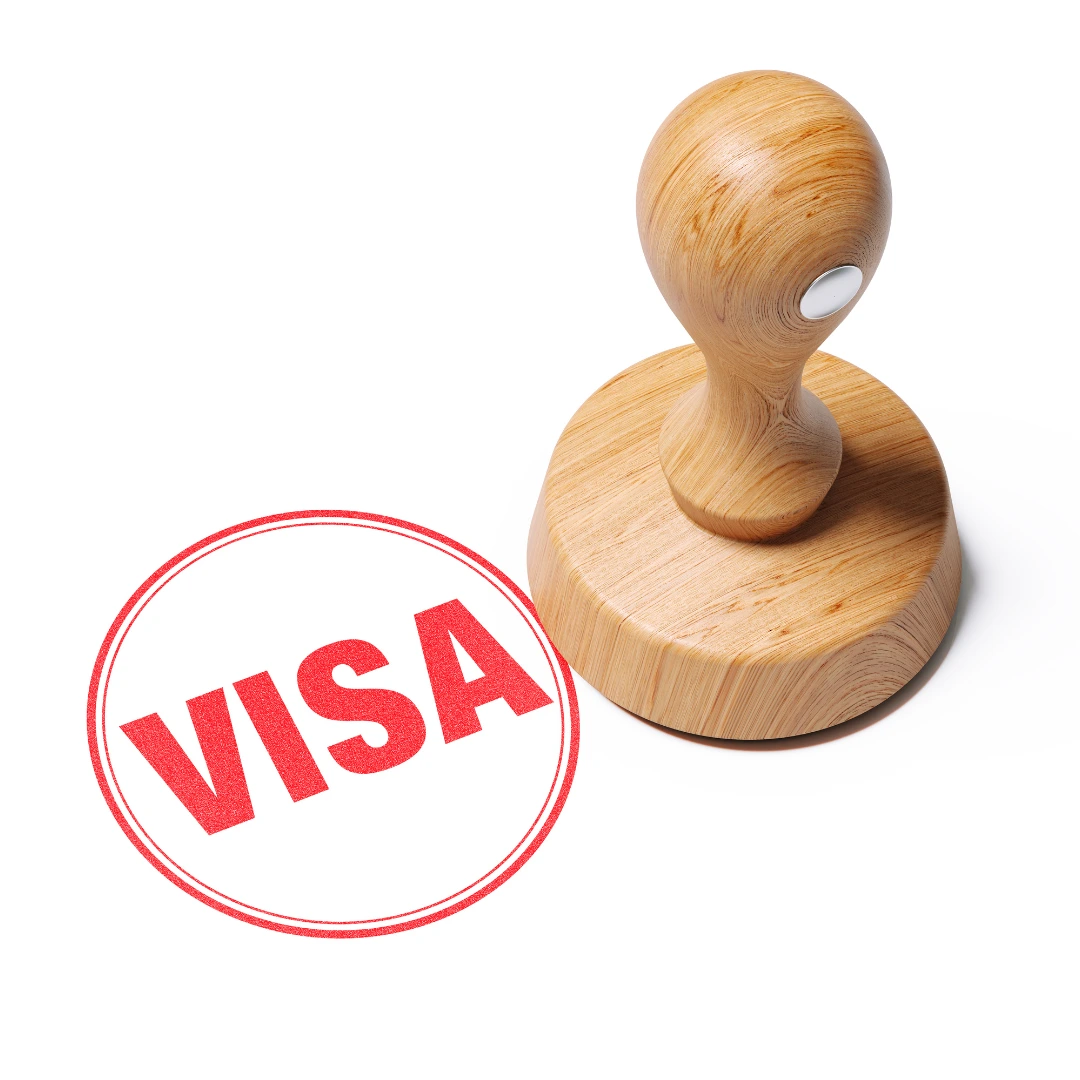Introduction
An ACL injury refers to a tear or sprain of the anterior cruciate ligament, a key ligament in the knee that provides stability during movement. It is a common injury among athletes who engage in sports involving sudden stops, changes in direction, or jumping, such as football, basketball, or skiing. Symptoms include pain, swelling, instability, and difficulty bearing weight on the affected leg. While minor tears may heal with rest and physical therapy, severe injuries often require surgical intervention, such as ACL reconstruction, to restore knee function. Early diagnosis and proper treatment are essential to prevent long-term complications, such as chronic instability or arthritis. Advanced medical facilities in India offer world-class treatment options for ACL injuries, ensuring optimal recovery.
Cost Comparison
Avg Cost of treatment - $3,000
Maximum cost of treatment - $6,000
Factors affecting Cost of treatment
-
-
Type of Treatment:
-
Surgical options (e.g., ACL reconstruction using autografts, allografts, or synthetic grafts) are more expensive compared to non-surgical treatments like physical therapy and bracing.
-
Hospital Location:
-
Private hospitals in major cities like Delhi, Mumbai, or Bengaluru tend to have higher costs than smaller cities or rural areas due to operational costs, hospital infrastructure, and demand.
-
Surgeon Expertise:
-
Highly experienced and reputed orthopedic surgeons may charge higher fees compared to less experienced doctors.
-
Technology Used:
-
Advanced treatment options such as minimally invasive arthroscopic surgeries or robotic-assisted surgeries tend to cost more than traditional methods.
-
Post-Surgery Care:
-
Rehabilitation, physiotherapy, and follow-up care also add to the overall treatment cost, particularly when extended therapy is required for a successful recovery.
-
Medical Facilities & Hospital Quality:
-
Hospitals with better infrastructure, state-of-the-art medical equipment, and high patient care standards typically have higher treatment costs.
-
Duration of Hospital Stay:
-
The length of the hospital stay after surgery also affects the cost. Shorter stays may reduce expenses, but more complex surgeries may require longer hospital stays.
-
Insurance Coverage:
-
Availability of insurance and the extent of coverage can influence out-of-pocket expenses. Some policies cover ACL surgery while others may not.
-
Patient's Age & Health Condition:
-
Older patients or those with underlying health issues may require additional care, making the treatment more expensive.
-
Treatment Options
1. Non-Surgical Treatments:
-
Physical Therapy:
-
For mild ACL injuries or for patients who are not very active, physical therapy and rehabilitation exercises can help strengthen the muscles around the knee and restore its function.
-
Bracing:
-
A knee brace may be recommended to stabilize the knee and reduce pain during everyday activities.
-
Rest, Ice, Compression, Elevation (R.I.C.E):
-
The R.I.C.E method is a common non-invasive approach to manage swelling and pain in the early stages of ACL injury.
-
Pain Medication:
-
Anti-inflammatory medications may be prescribed to reduce pain and swelling.
2. Surgical Treatments:
-
Arthroscopic Surgery (Keyhole Surgery):
-
This minimally invasive procedure is the most common surgical approach for ACL injuries. It involves making small incisions through which a camera and surgical instruments are inserted to repair or reconstruct the damaged ACL.
-
ACL Reconstruction Surgery:
-
If the ACL is torn, the most common approach is to reconstruct the ligament using a graft from the patient’s own tissue (autograft) or from a donor (allograft). The surgeon creates a new ligament using the graft, which helps restore knee stability.
-
Graft Choices:
-
Patellar Tendon Graft: Harvested from the patient's patellar tendon.
-
Hamstring Tendon Graft: A less invasive option that takes tissue from the hamstring.
-
Quadriceps Tendon Graft: A newer option, often used for revision surgery.
-
Allograft (Donor Tissue): Grafts from cadaveric sources are used in some cases, though this option may have a slightly higher risk of infection or graft failure.
3. Post-Surgery Rehabilitation:
-
Physical Therapy:
-
Intensive rehabilitation is necessary after surgery to regain strength, flexibility, and function in the knee. This usually includes specific exercises for building strength, improving range of motion, and restoring the stability of the knee.
-
Recovery Time:
-
Full recovery from ACL reconstruction can take 6-9 months, depending on the individual’s response to treatment and rehabilitation. A structured rehab program is essential for long-term knee stability.
4. Regenerative Treatments:
-
Platelet-Rich Plasma (PRP) Therapy:
-
PRP therapy involves injecting concentrated platelets from the patient’s blood into the injured area to promote healing and reduce inflammation. It is sometimes used to help the healing process post-surgery or in less severe injuries.
-
Stem Cell Therapy:
-
Stem cell therapy is an experimental option that involves the use of stem cells to regenerate damaged tissues, although it is not yet widely used for ACL injuries and is considered a supplementary treatment option.
5. Revision Surgery:
-
ACL Revision Surgery:
-
In case of failure of the initial ACL reconstruction (due to graft failure or injury), a second surgery (revision surgery) may be required. This procedure is more complex than the original surgery and often requires the use of a different graft.
6. Prosthetic Knee Replacement (for severe damage):
-
Knee Arthroplasty:
-
In rare cases where the ACL injury is part of severe knee osteoarthritis or extensive damage, a total knee replacement may be considered.
India offers a range of world-class hospitals and orthopedic centers specializing in ACL injuries, such as Fortis, Max Healthcare, and Artemis Hospital, where these treatments are provided with state-of-the-art facilities and expert care.
How Medotil Global Assists International Patients
Medical Visa Assistance
- Guides patients through the process of obtaining a medical visa for India.
- Provides necessary documentation support, such as invitation letters from hospitals.
Accommodation Arrangements
- Helps secure comfortable and affordable lodging near treatment centers.
- Offers a range of options, including guest houses, hotels, or serviced apartments.
Food Services
- Assists in arranging dietary preferences, including international cuisines and special diets for medical needs.
Transportation Support
- Provides airport pickup and drop-off services.
- Offers reliable transportation for hospital visits and local travel.
Hospital and Doctor Selection
- Recommends top hospitals and connects patients with experienced specialists in their specific condition.
- Ensures access to advanced medical treatments and technology.
Tourism Services
- Organizes visits to famous tourist attractions like the Taj Mahal, Jaipur, Kerala, and other cultural landmarks.
- Tailors travel plans based on patient preferences and recovery needs.
24/7 Support
- Provides round-the-clock assistance for any queries or emergencies during the stay in India.


